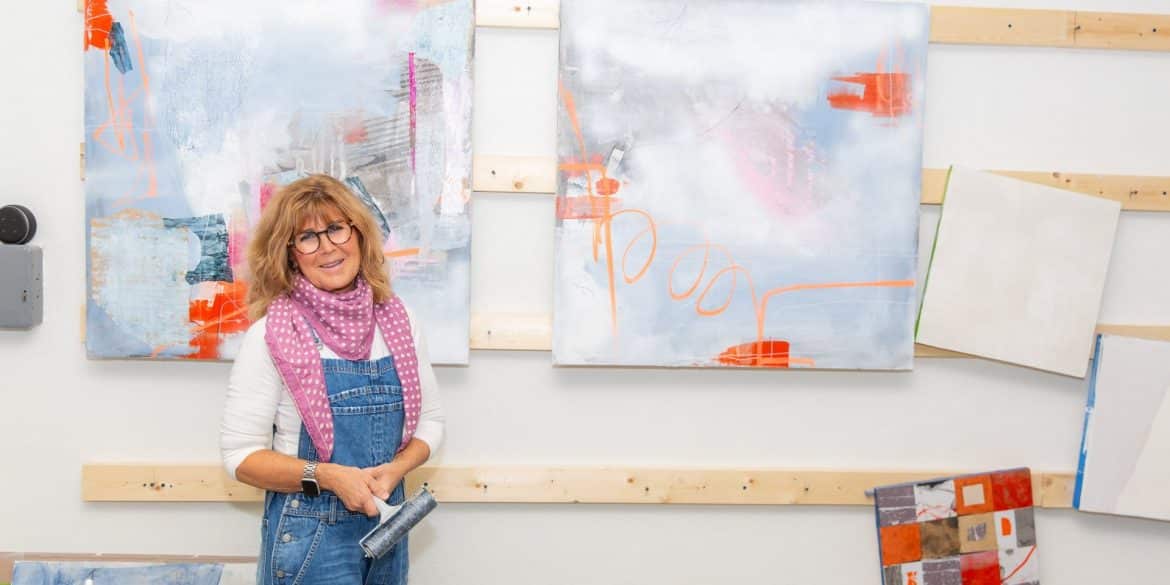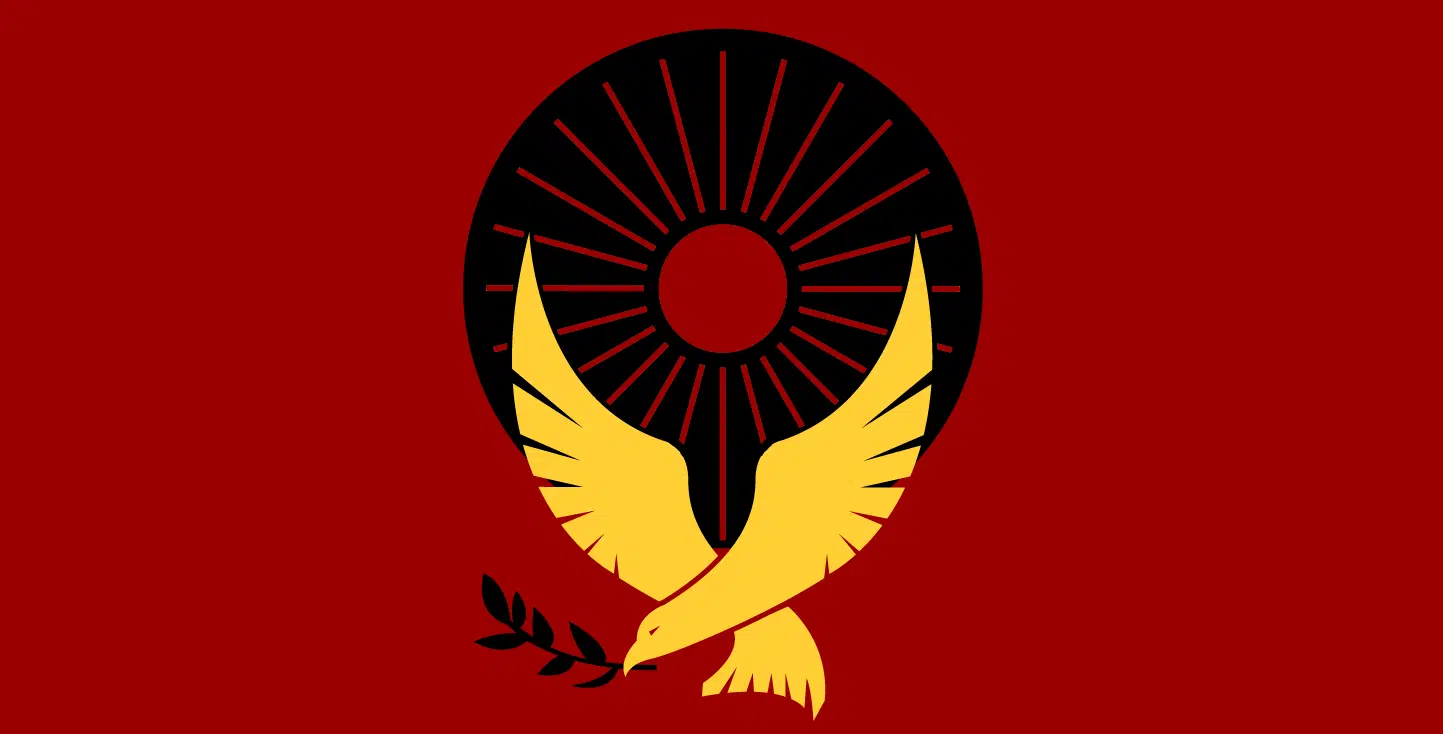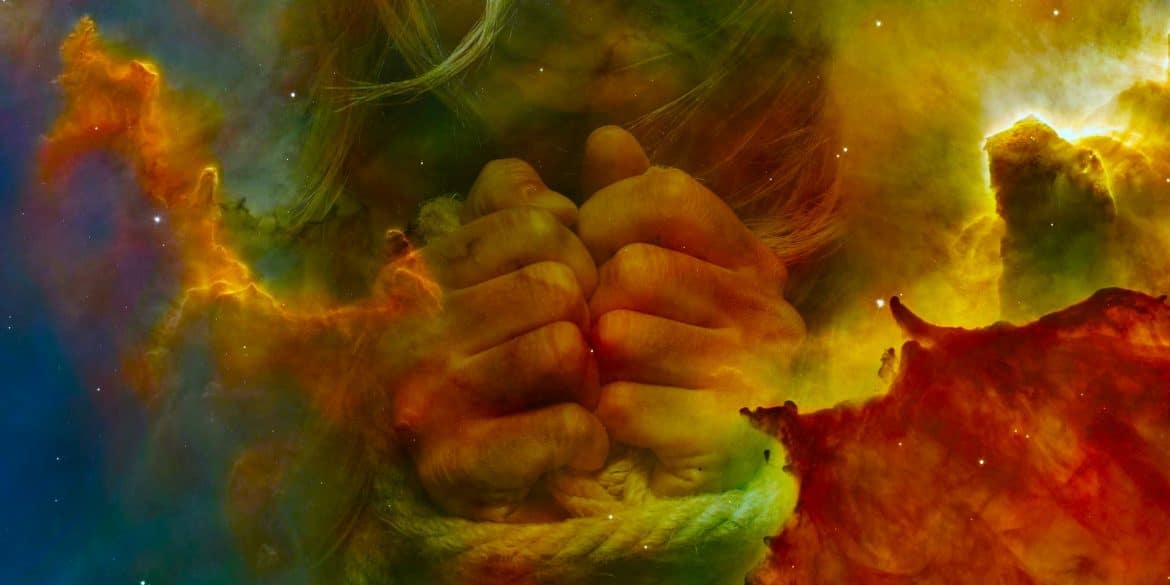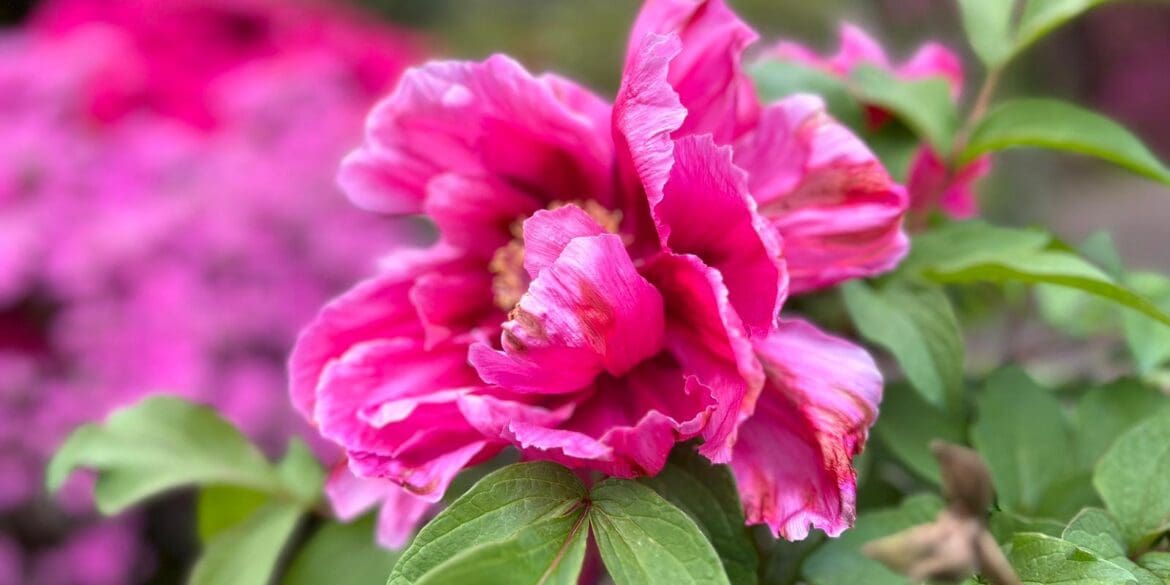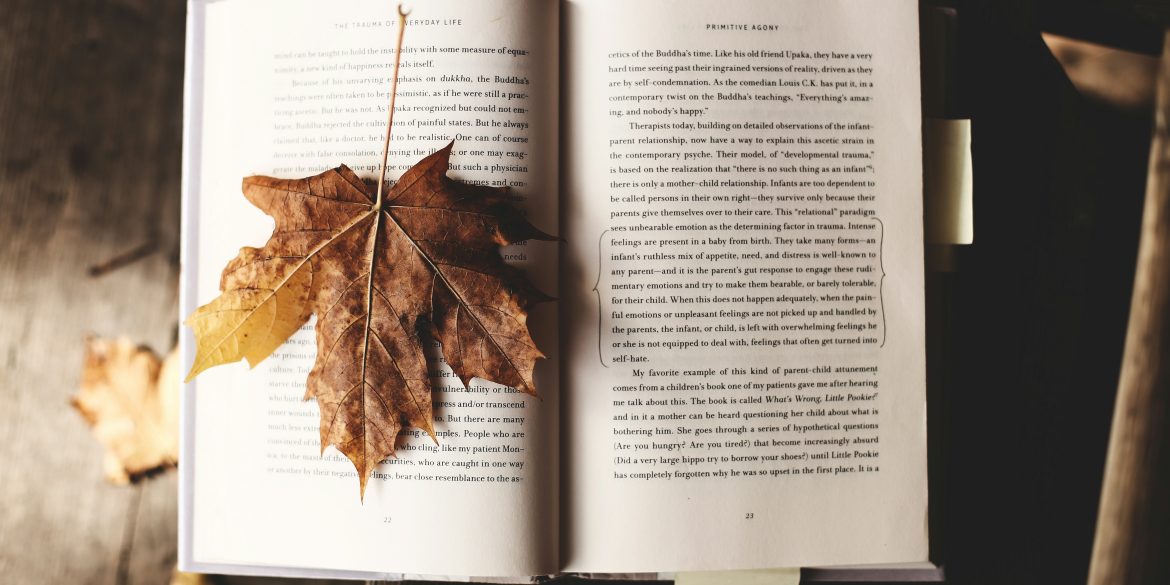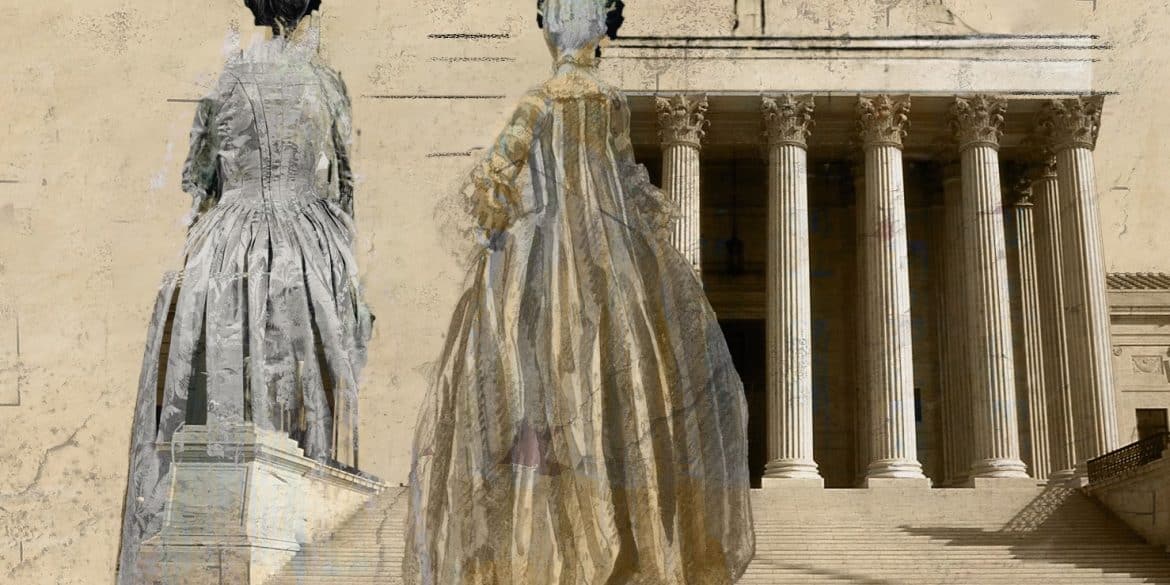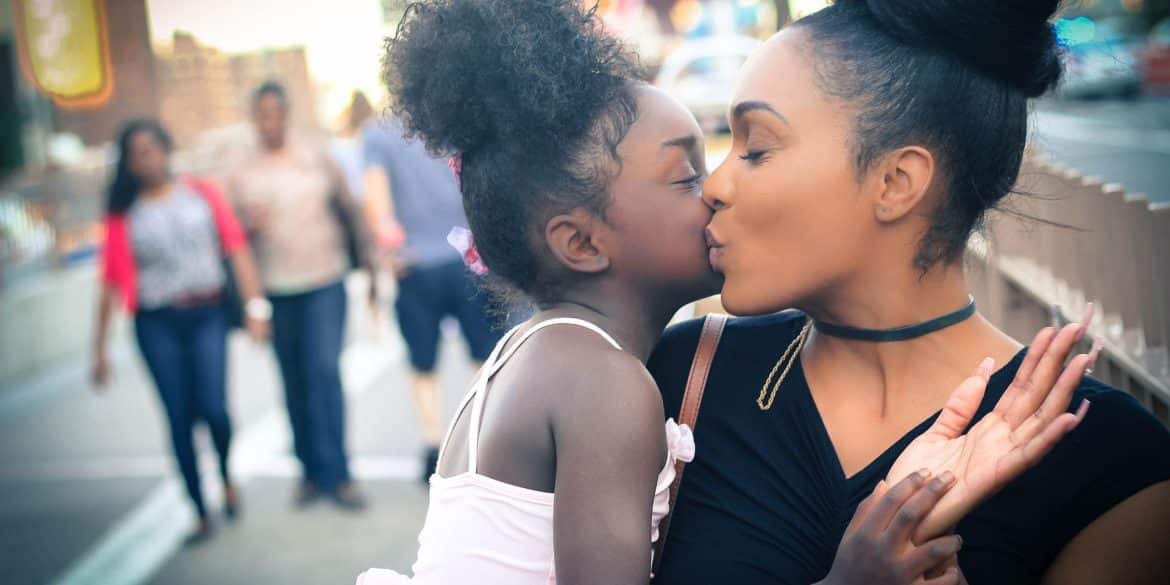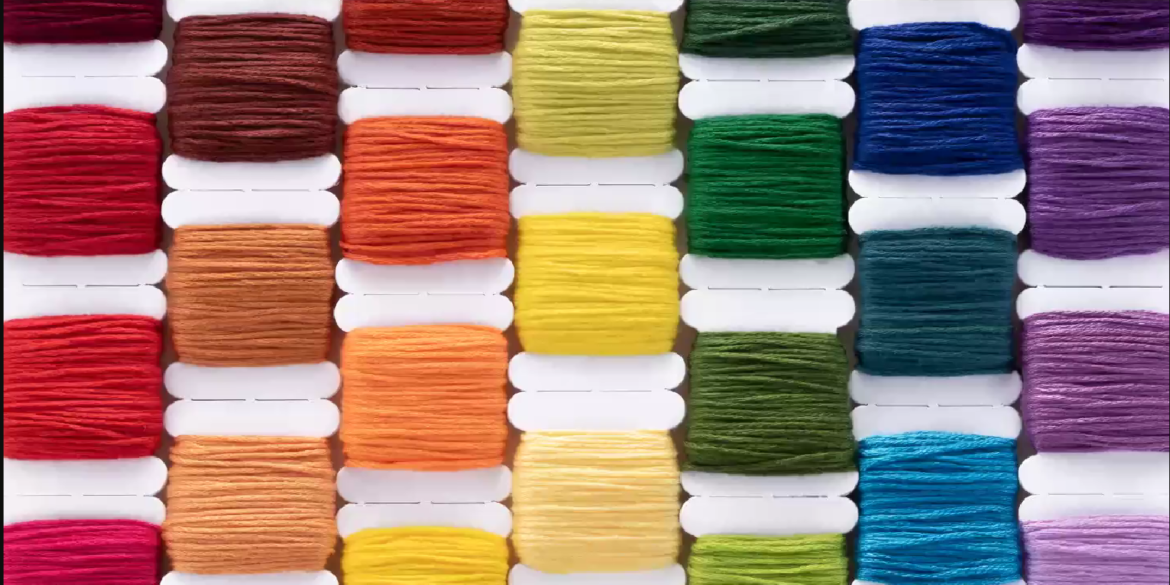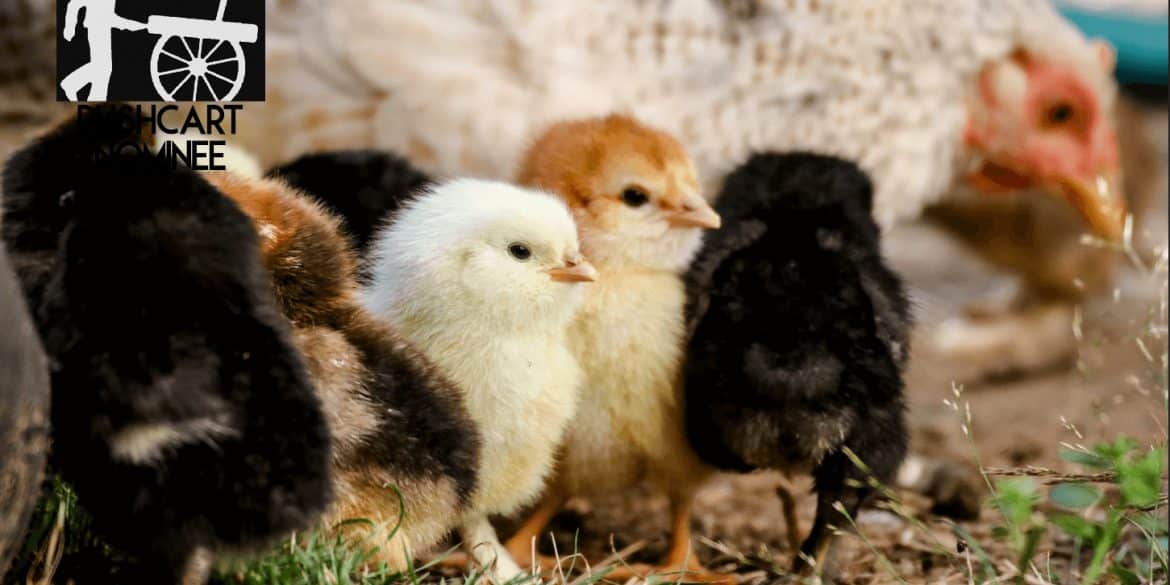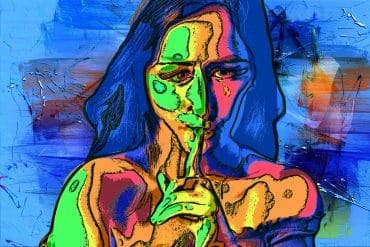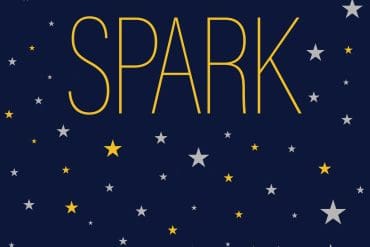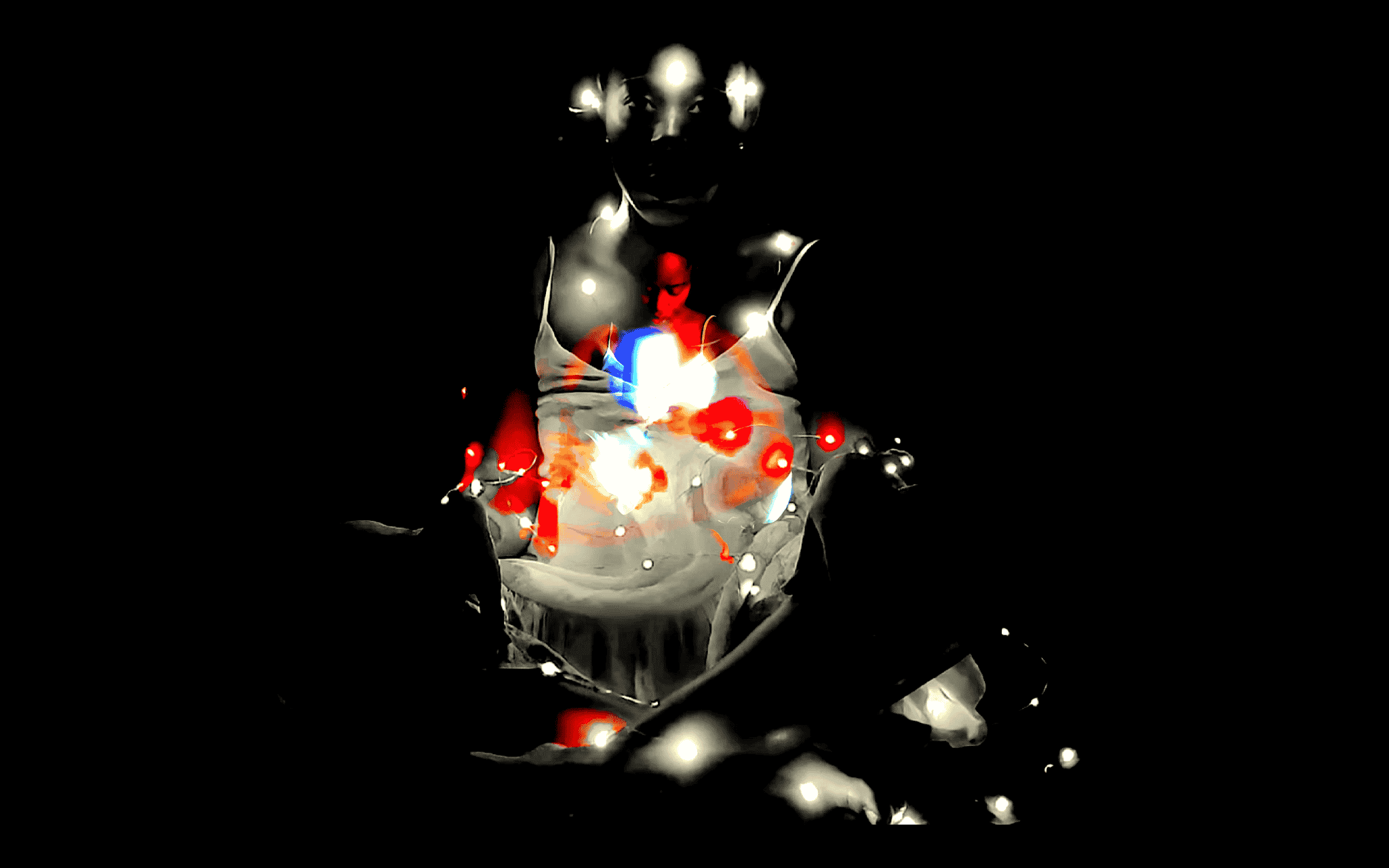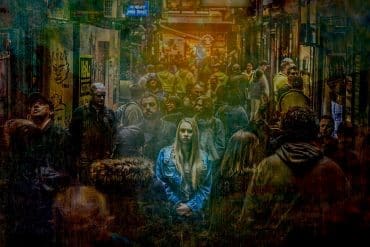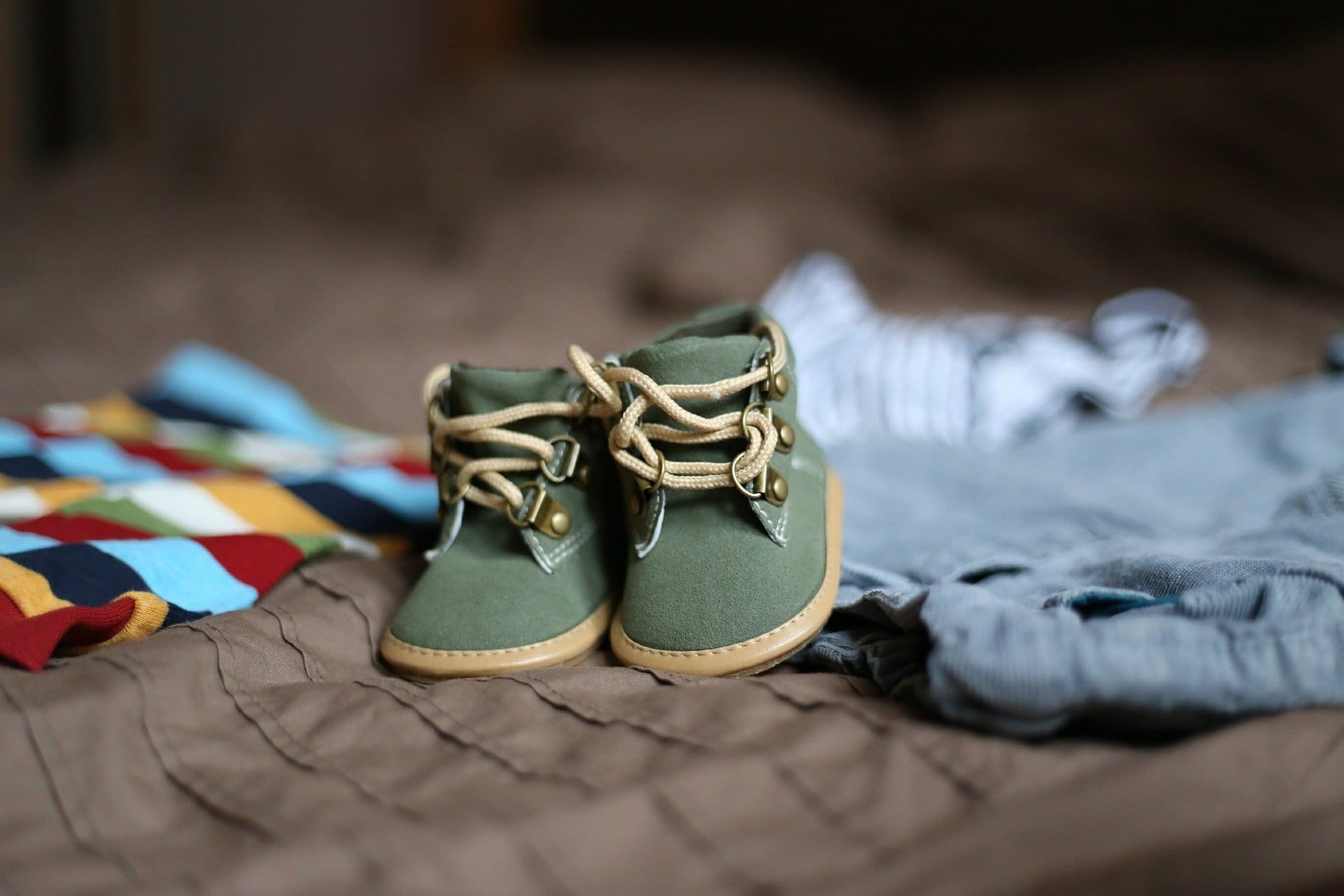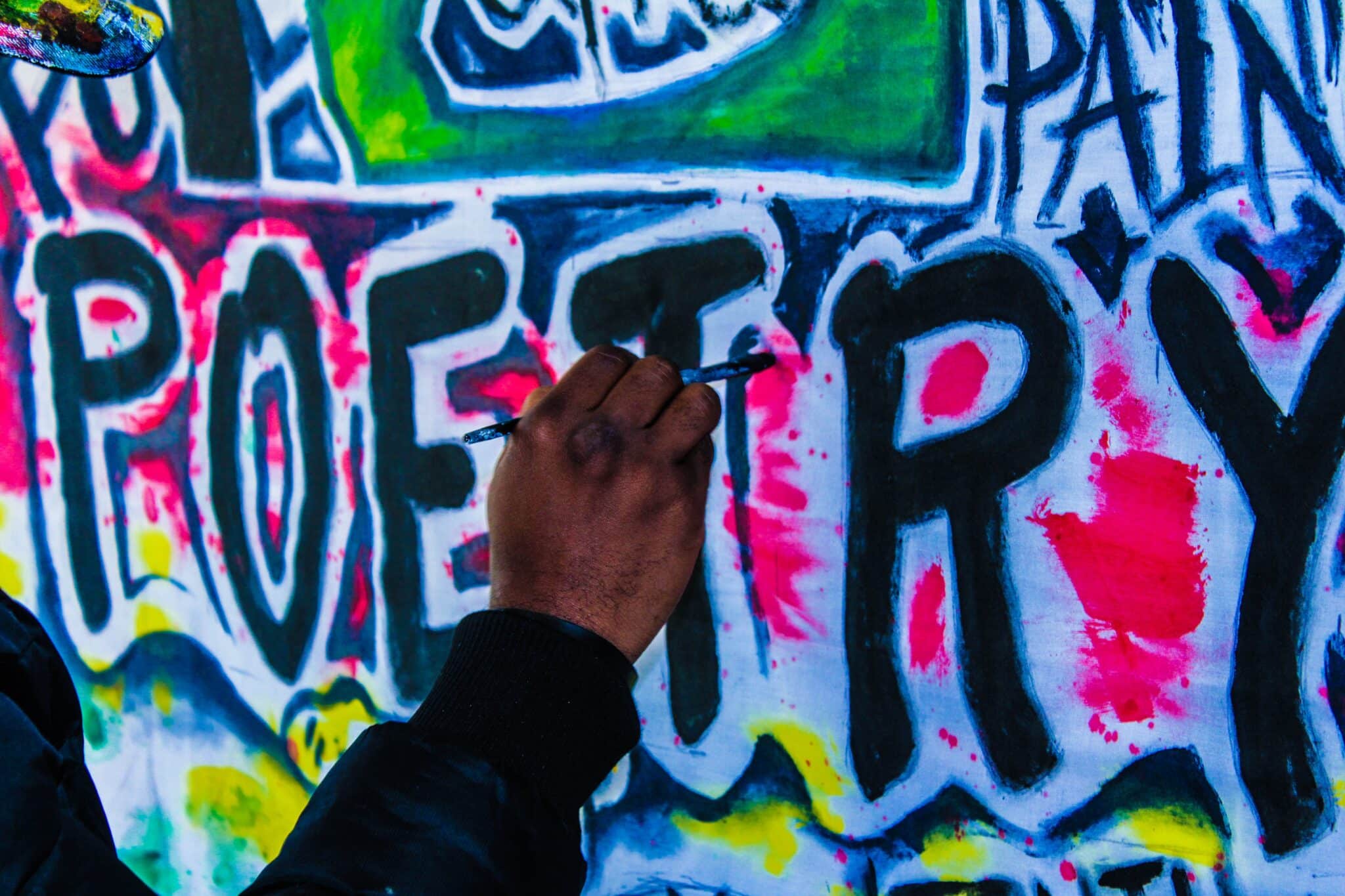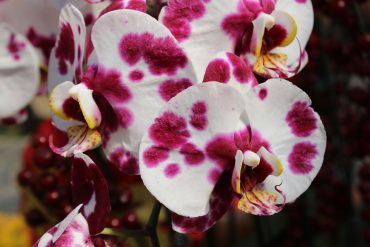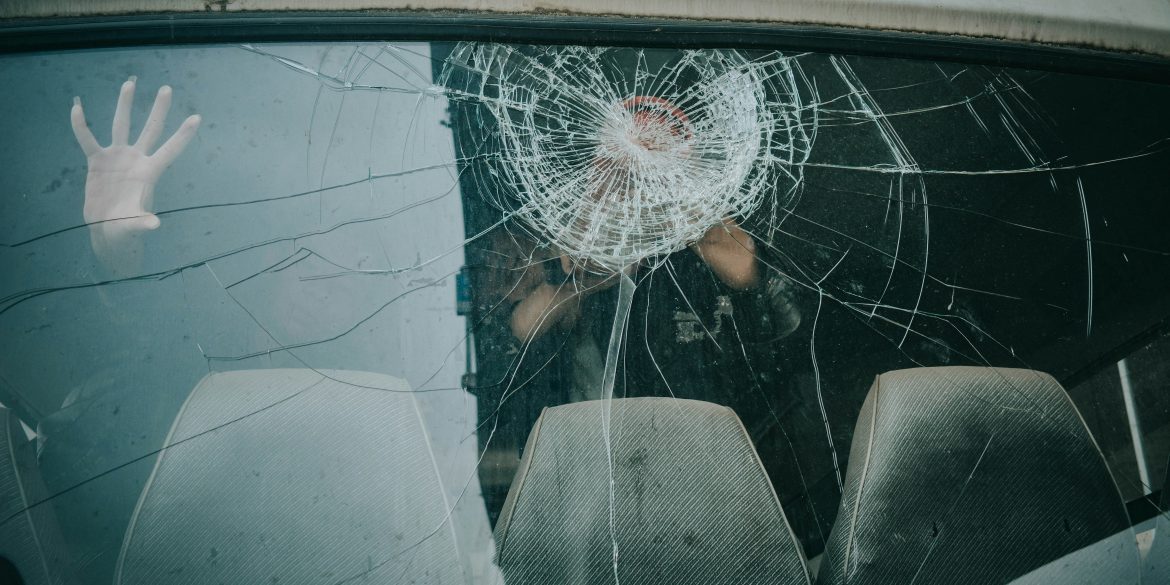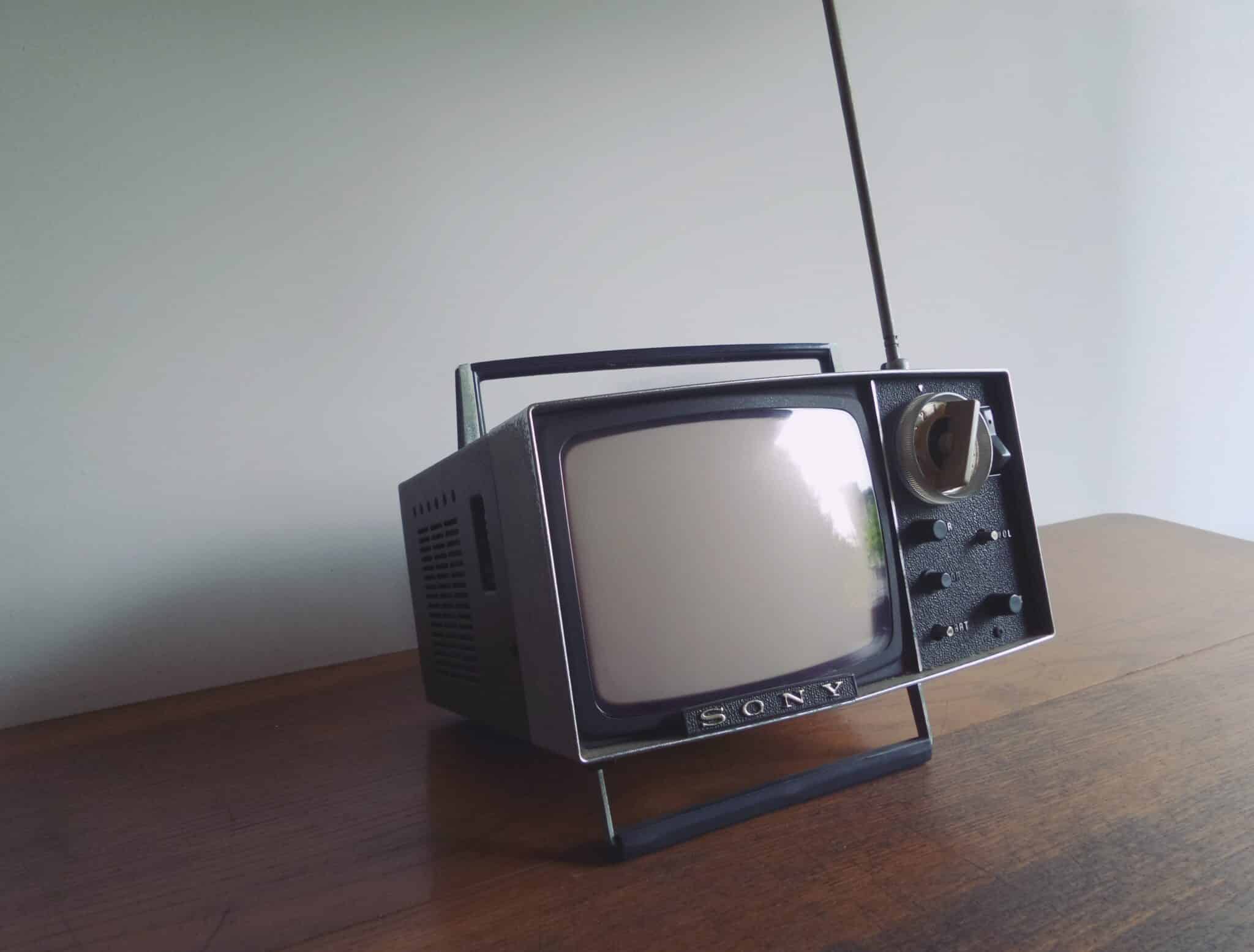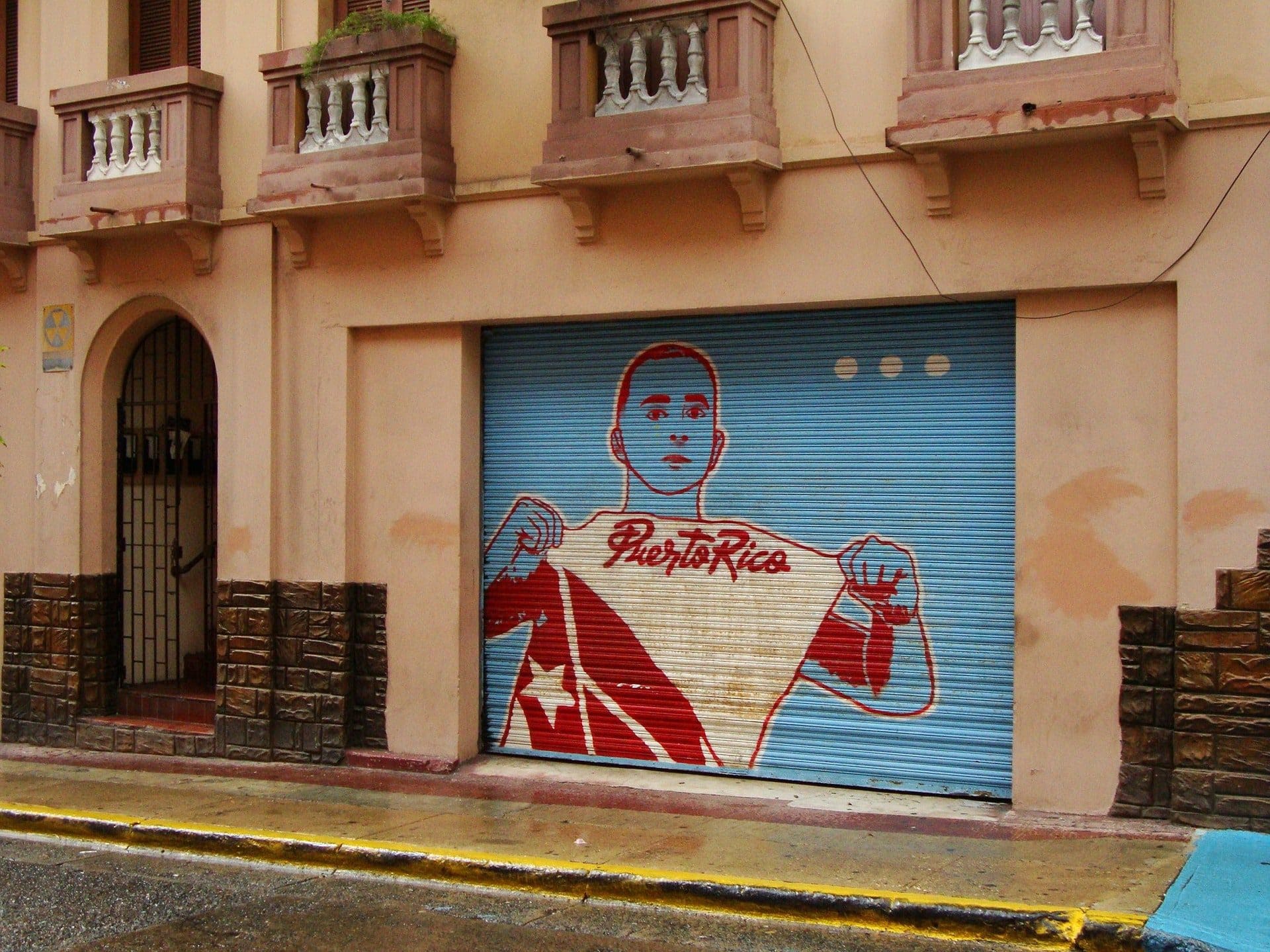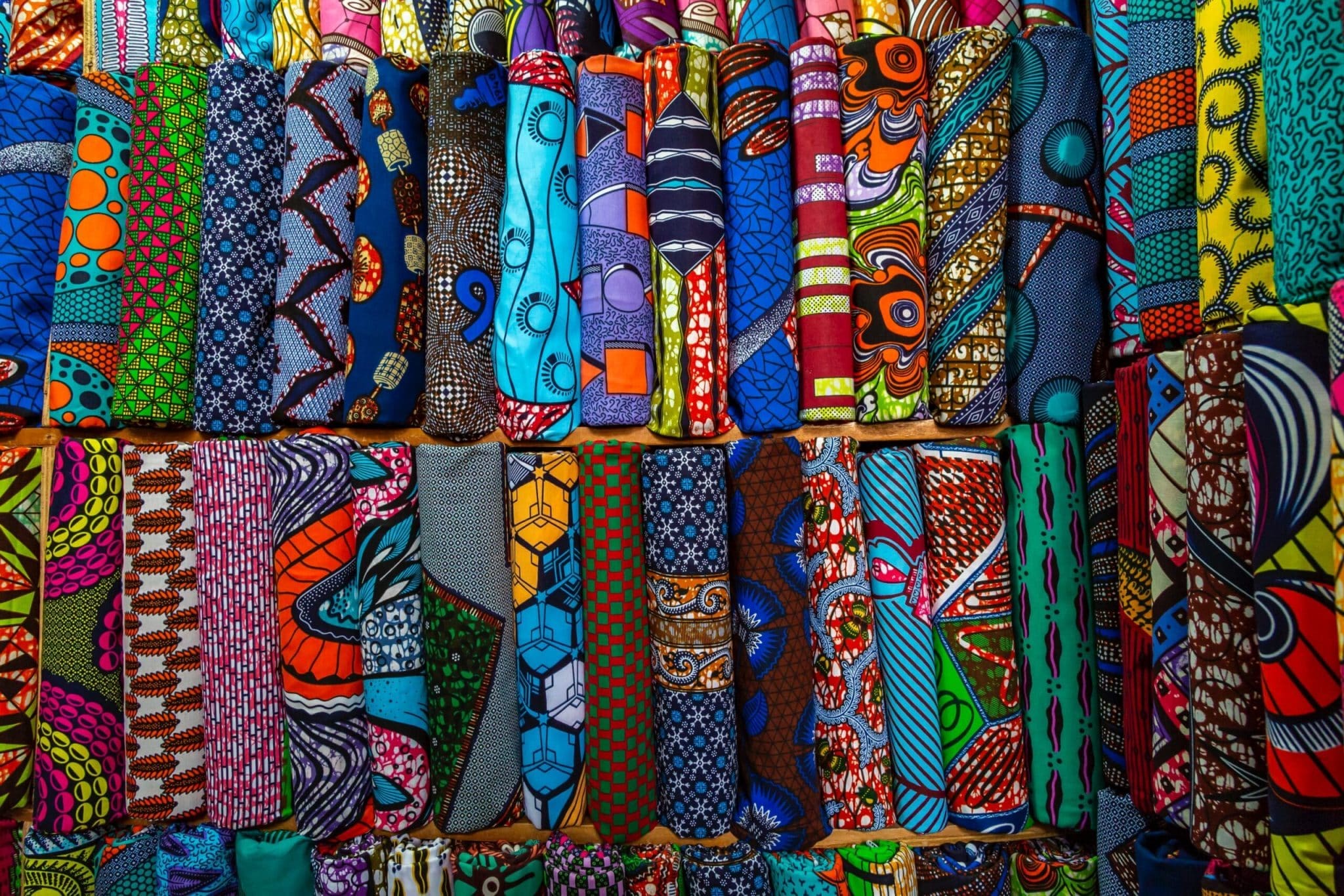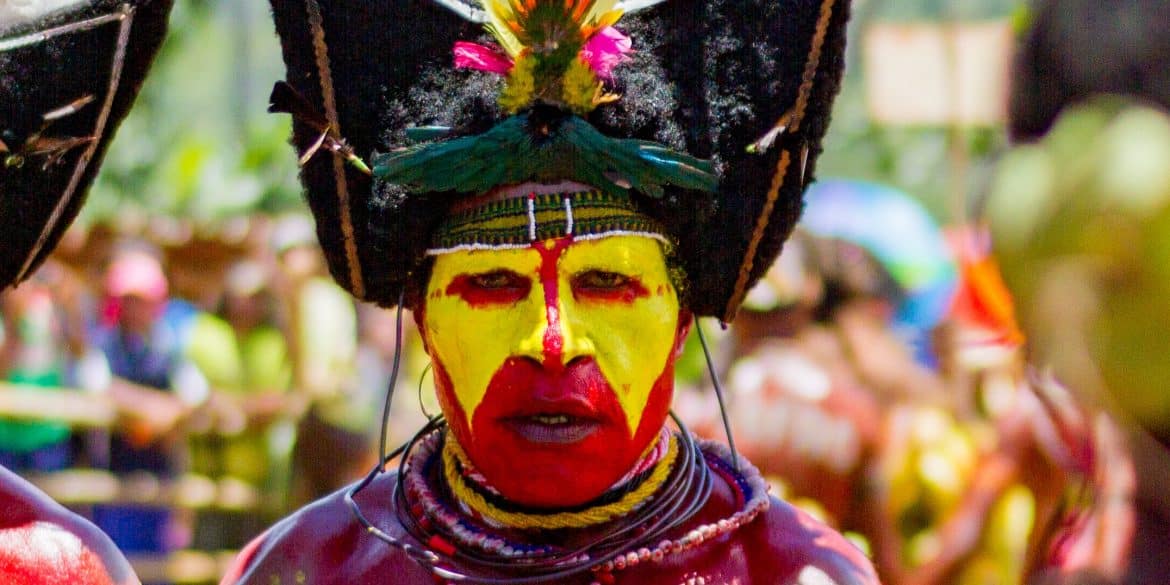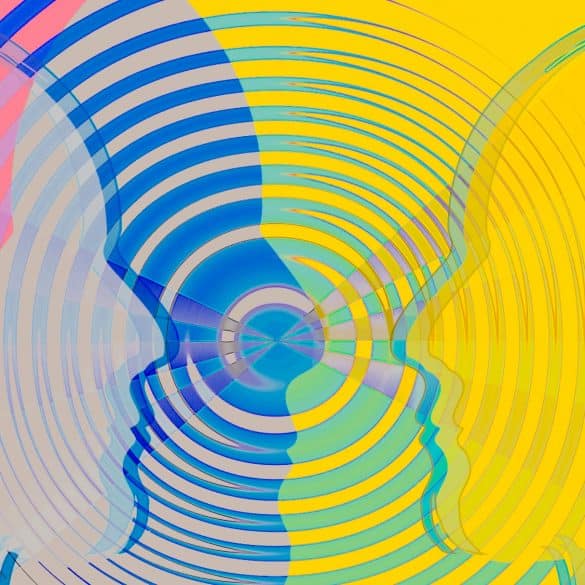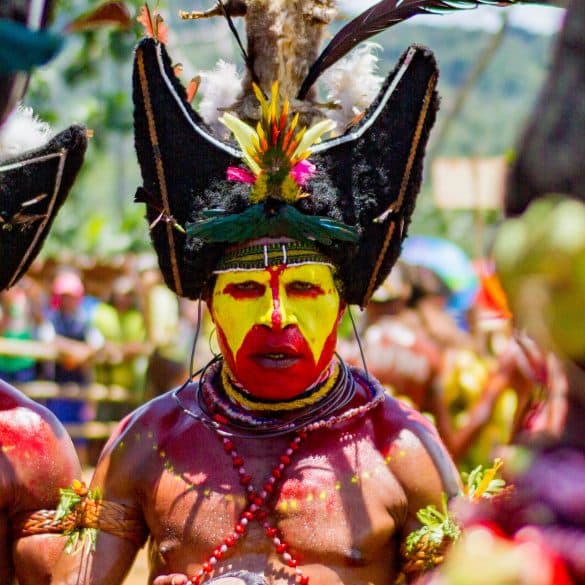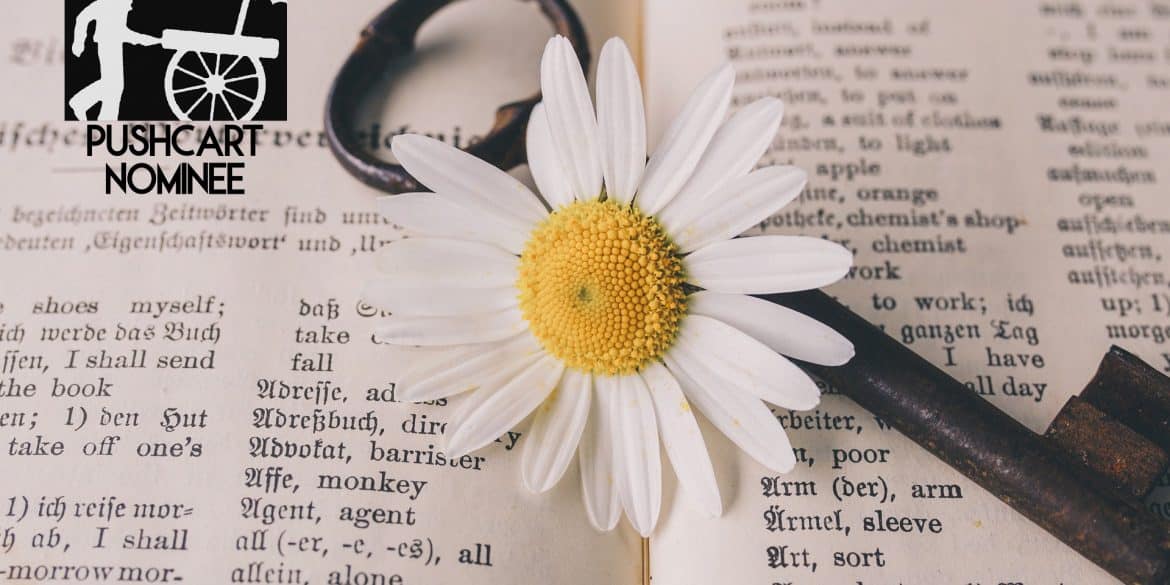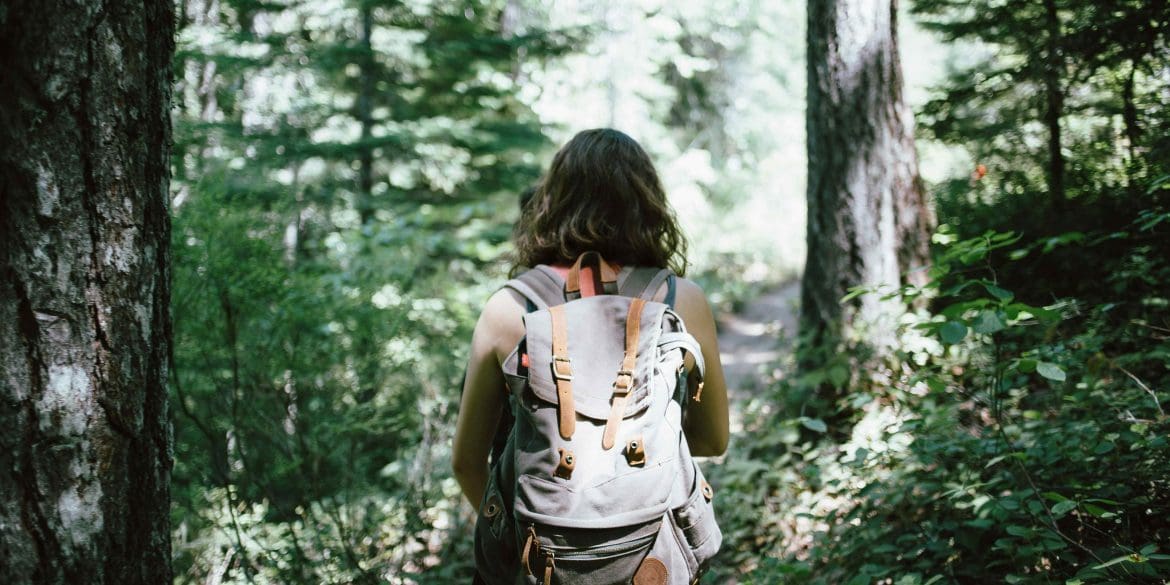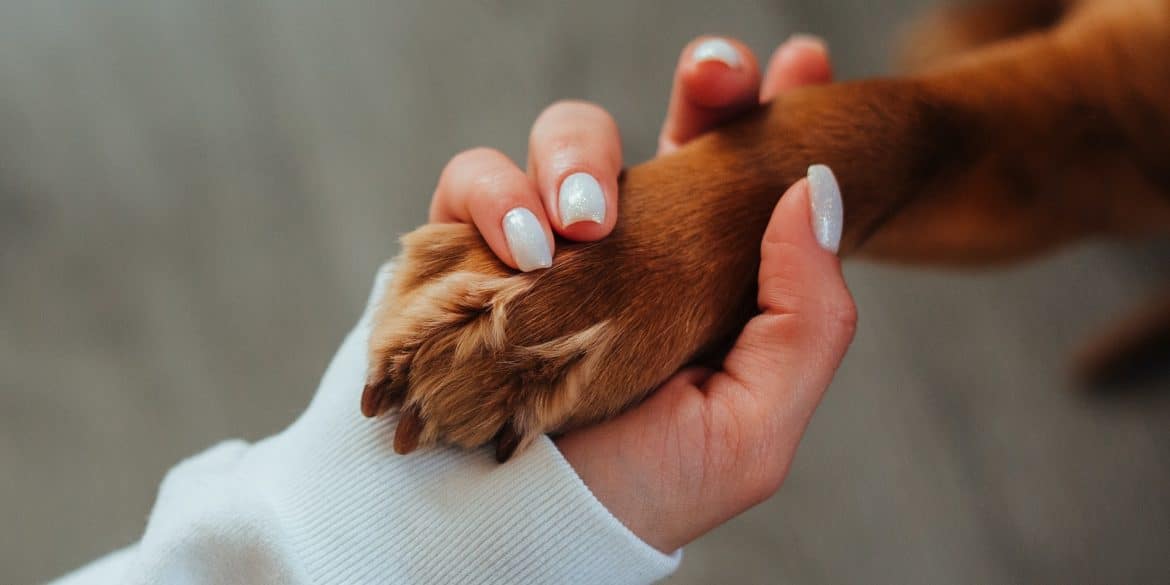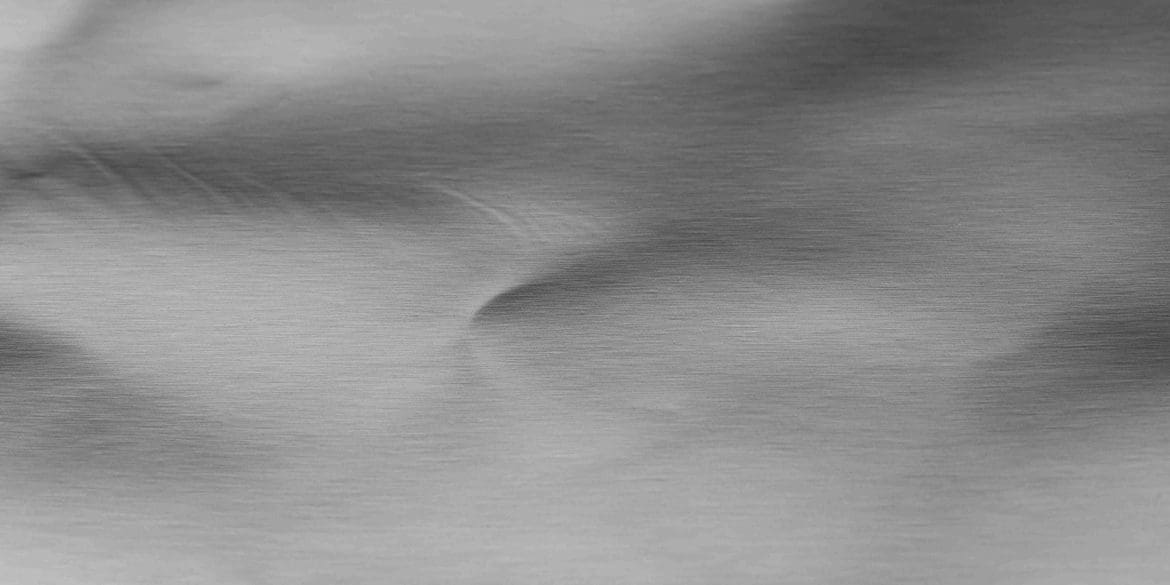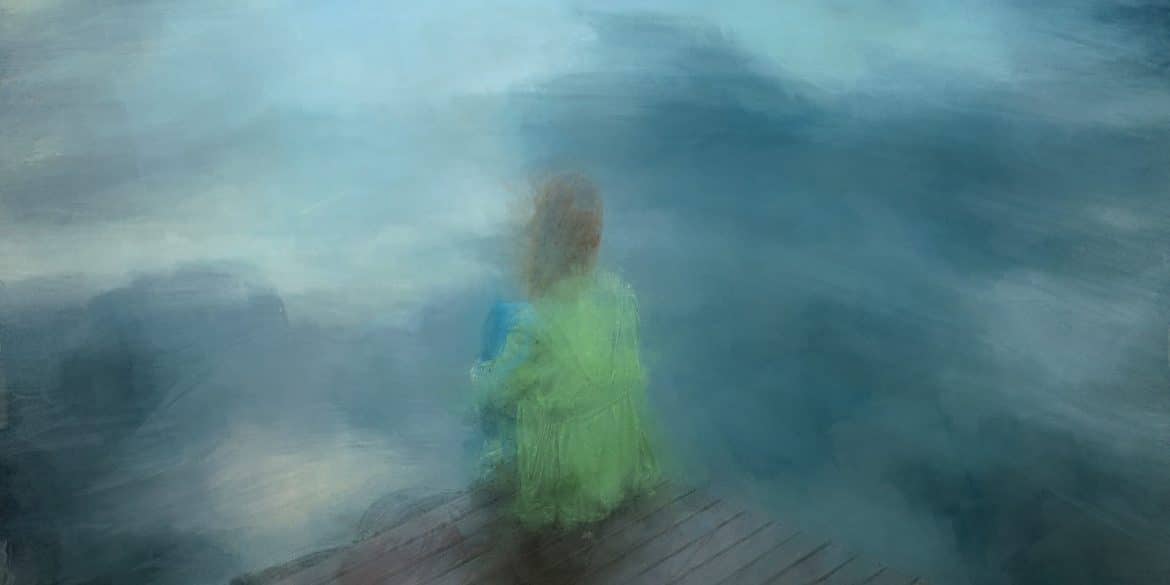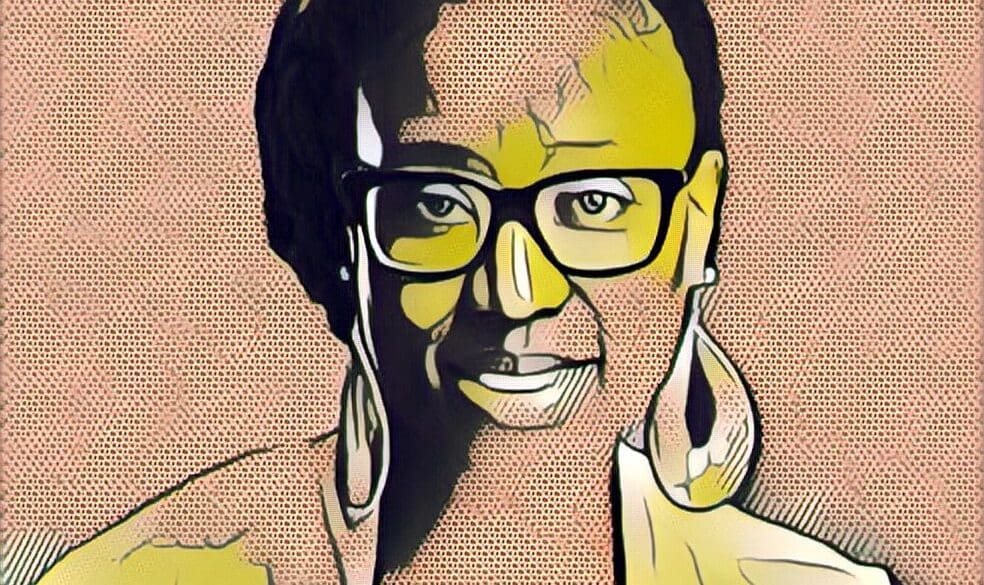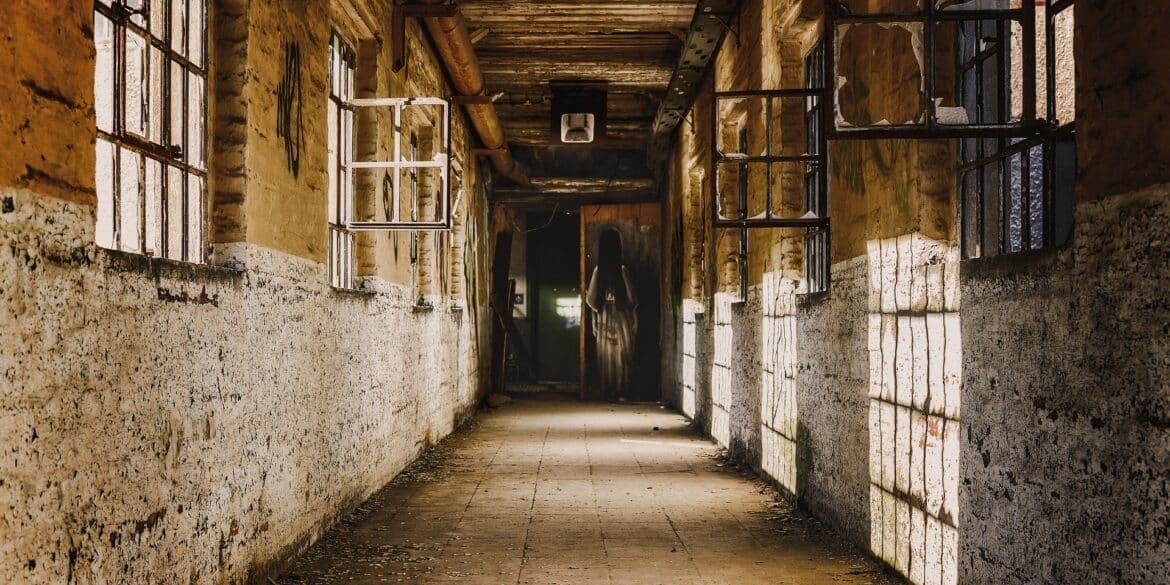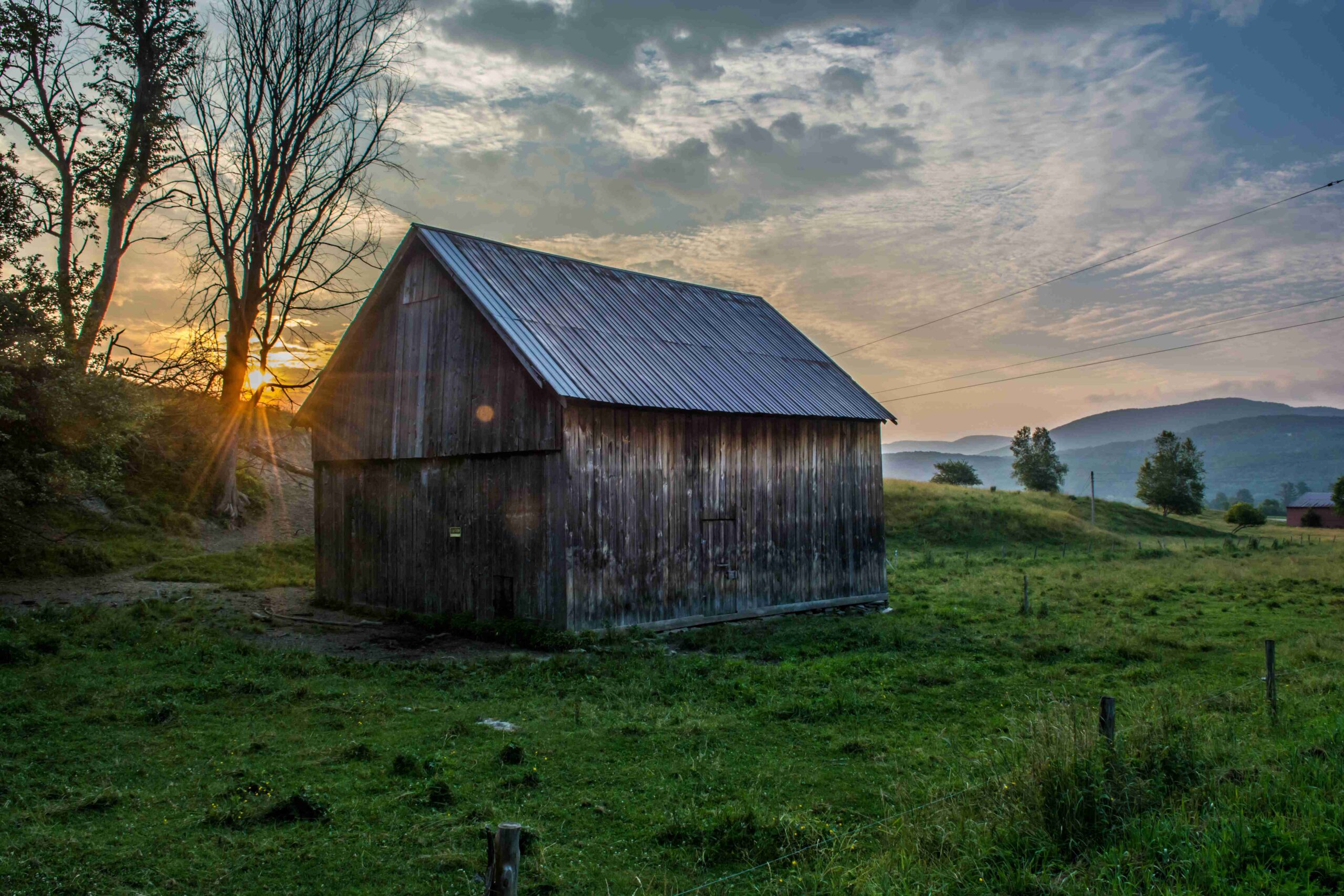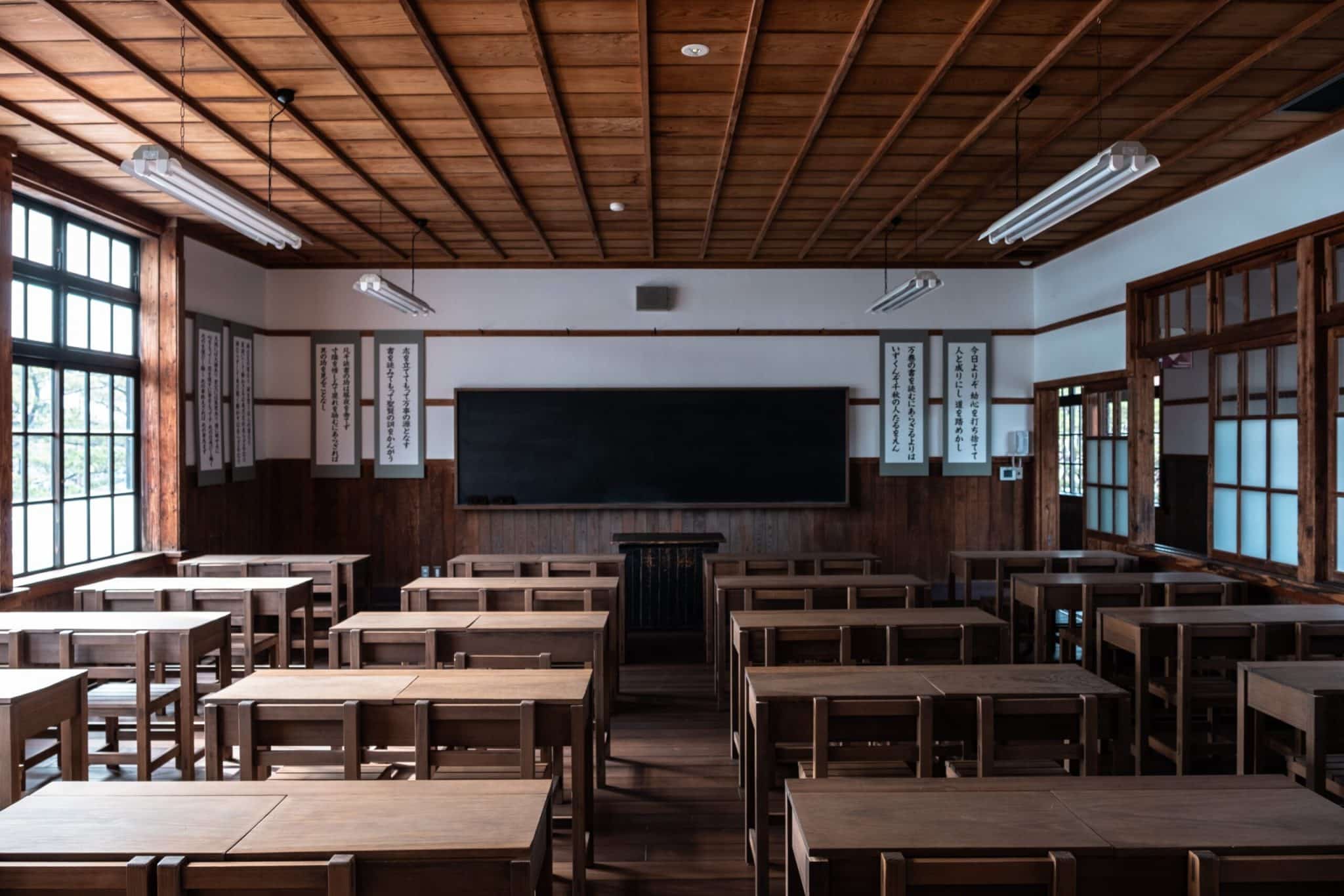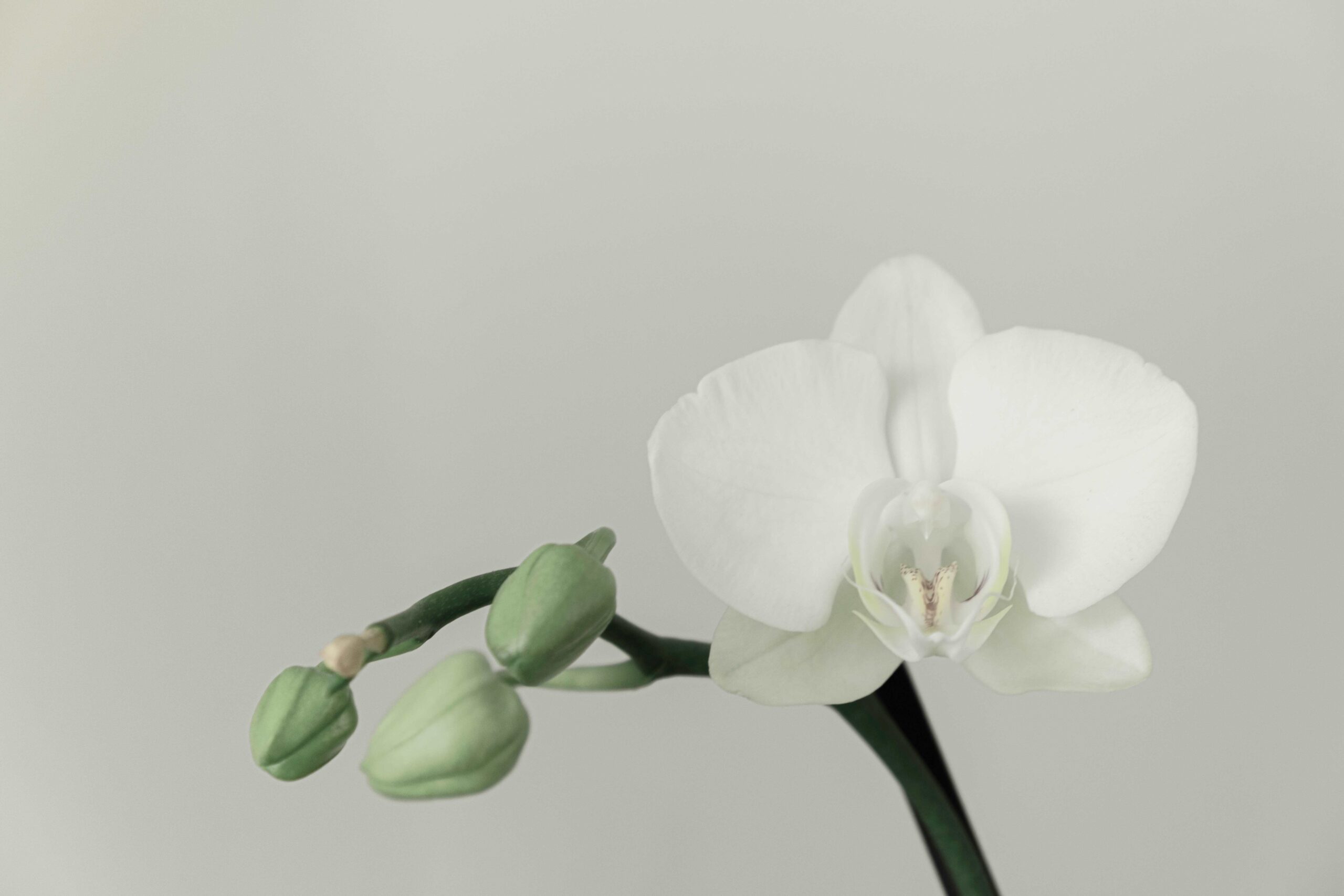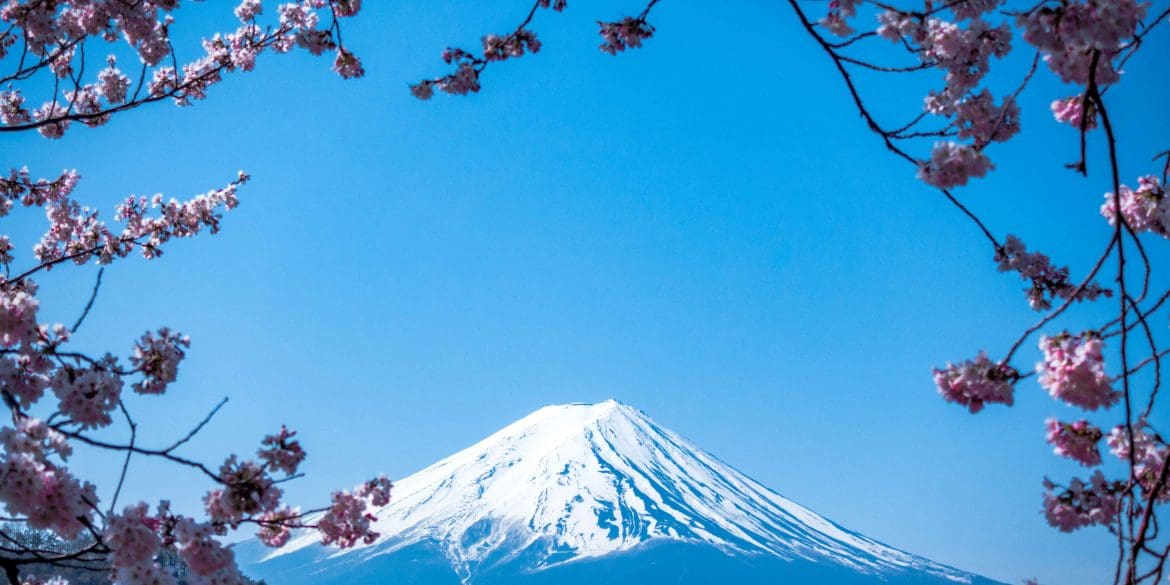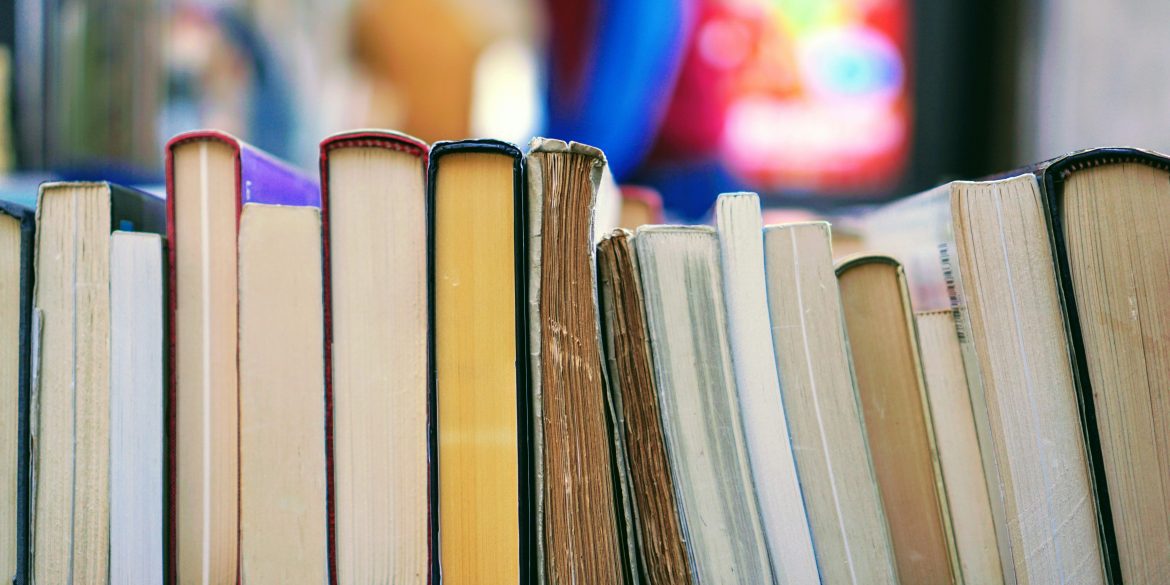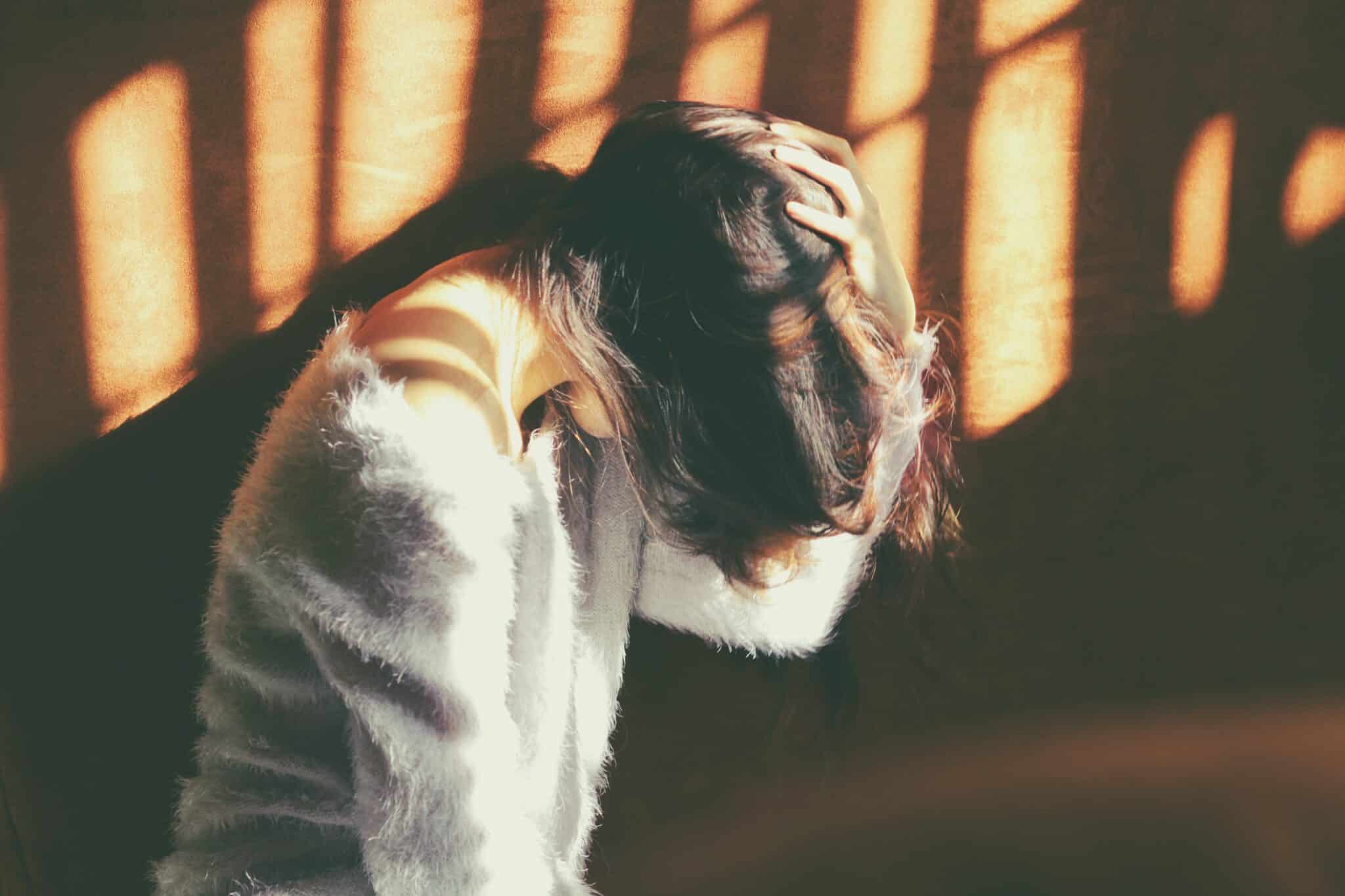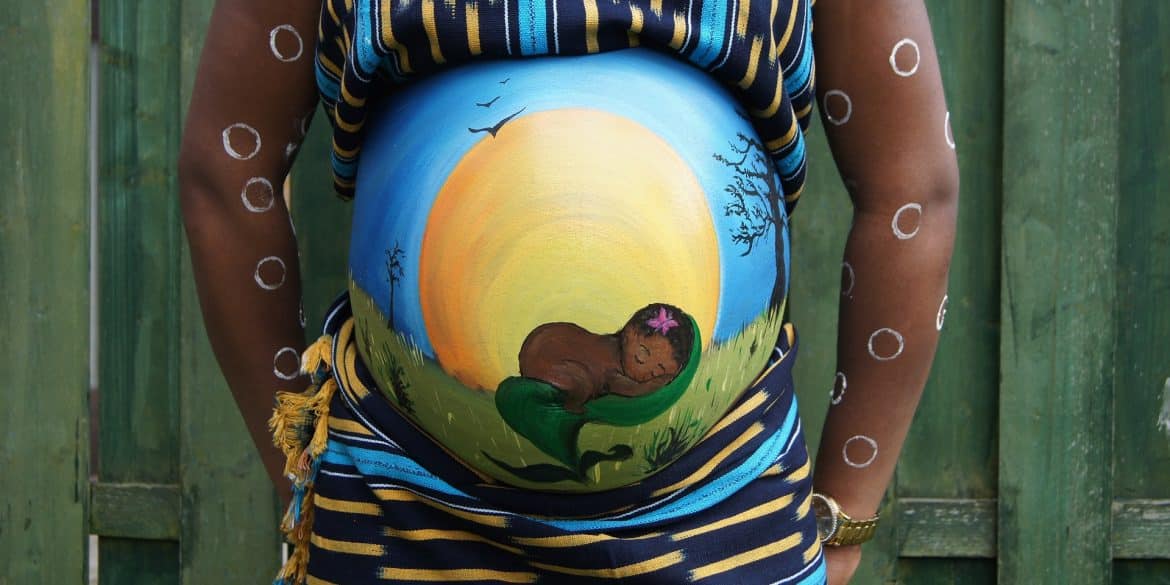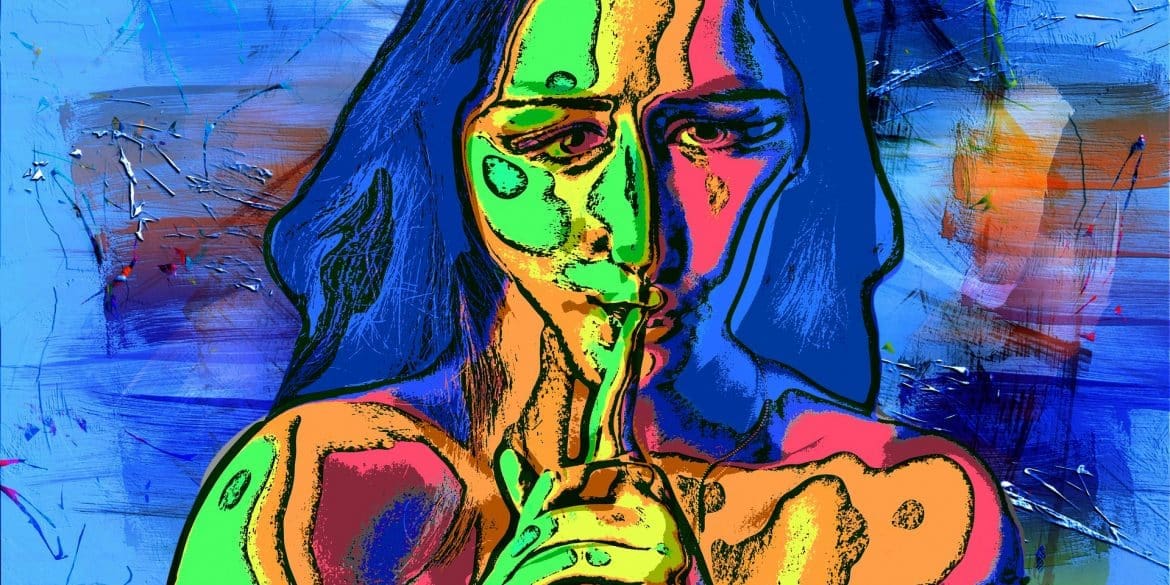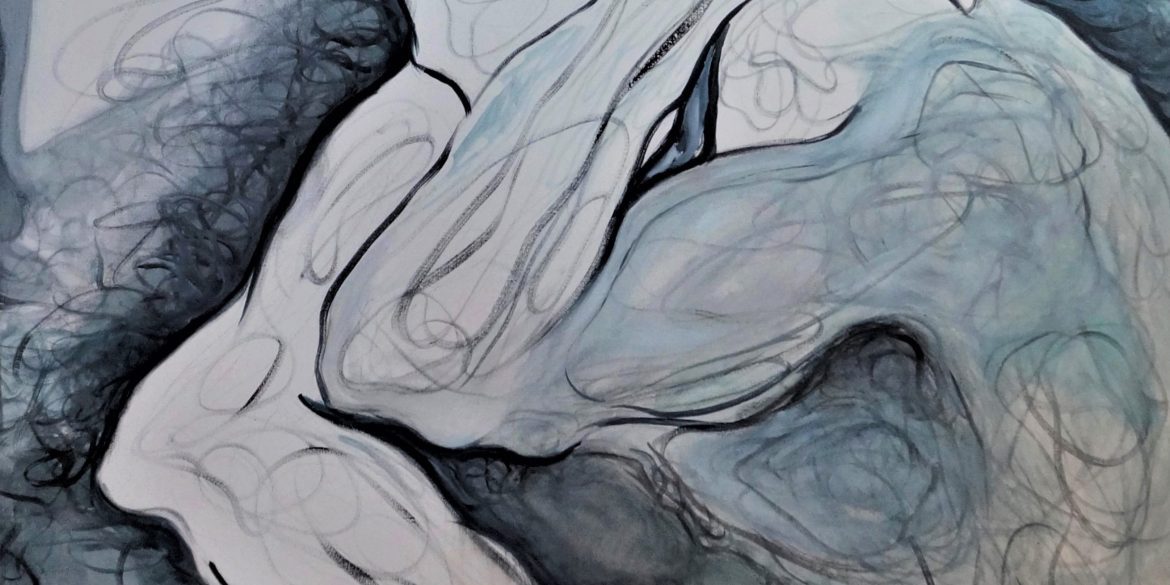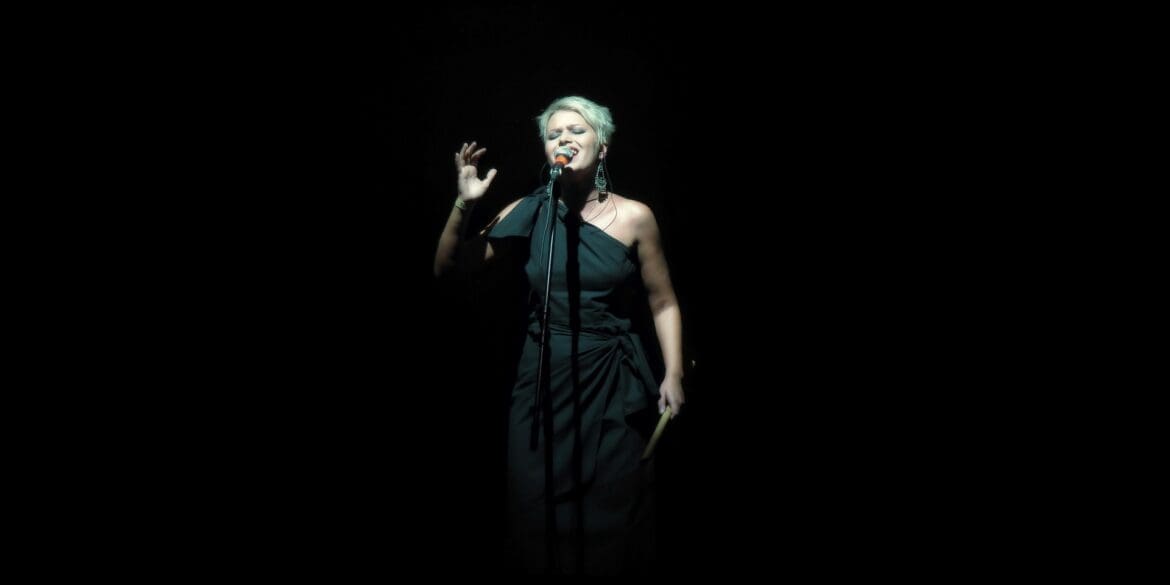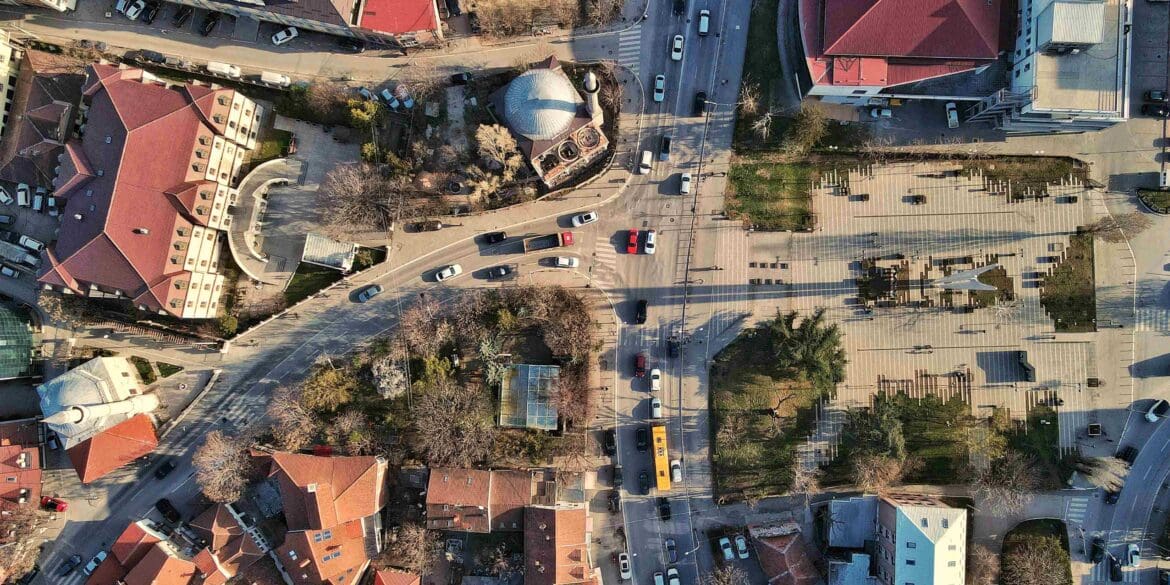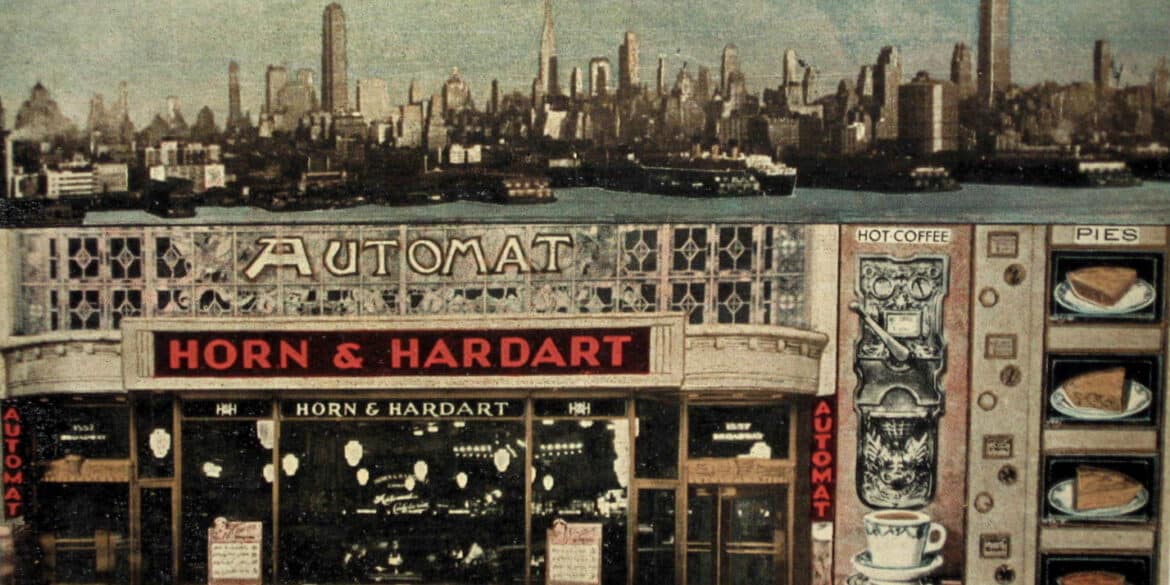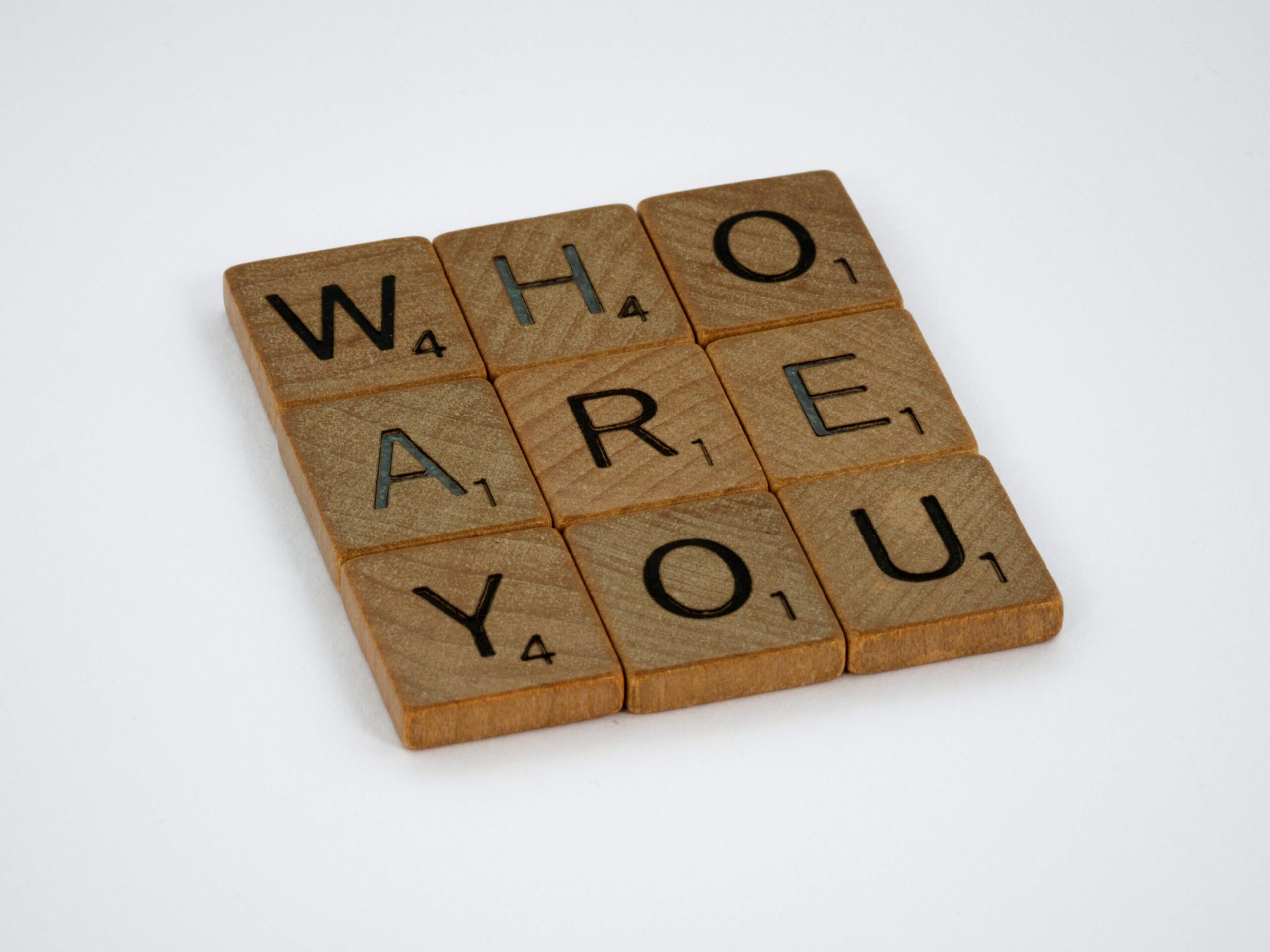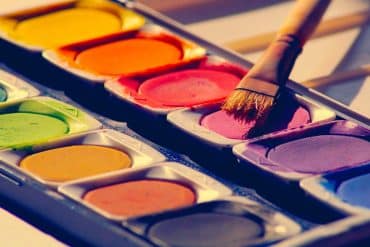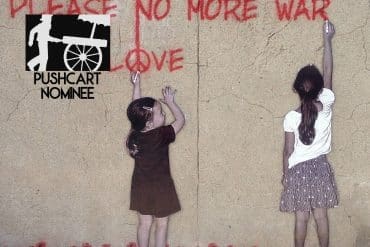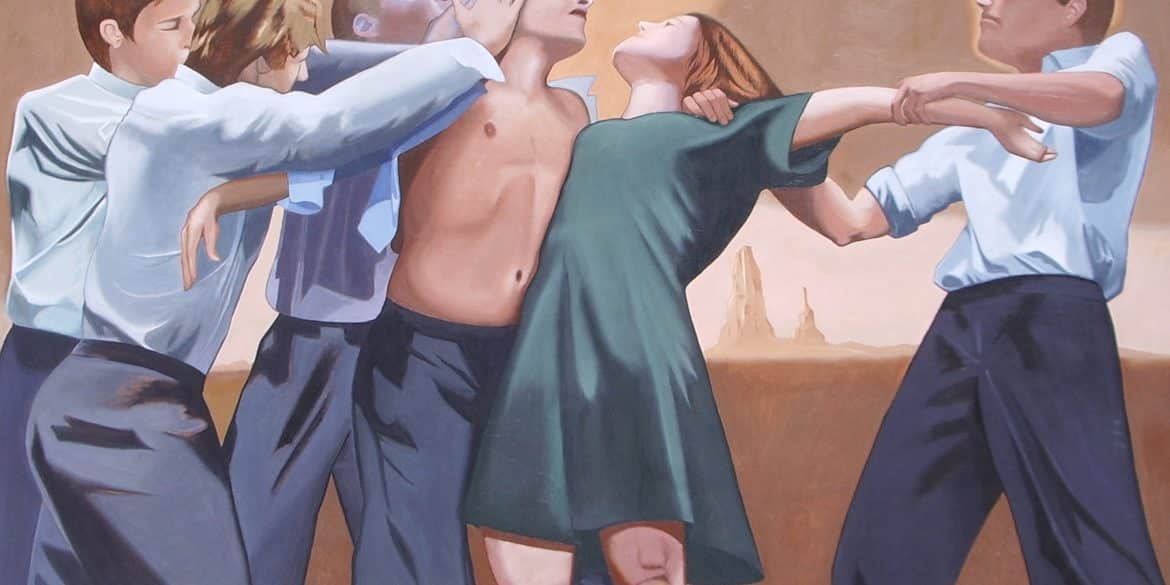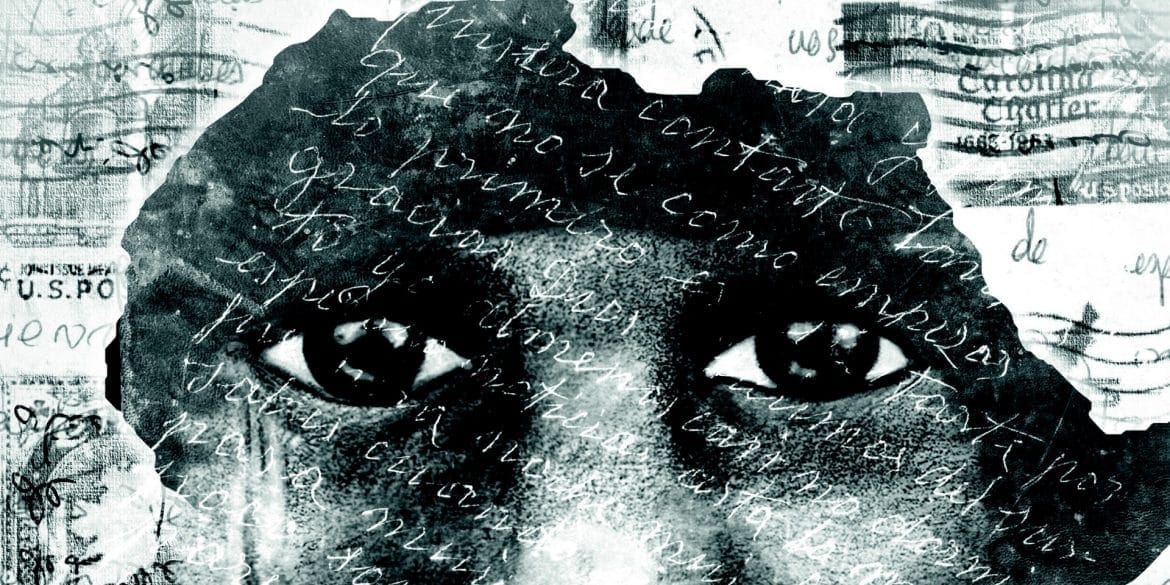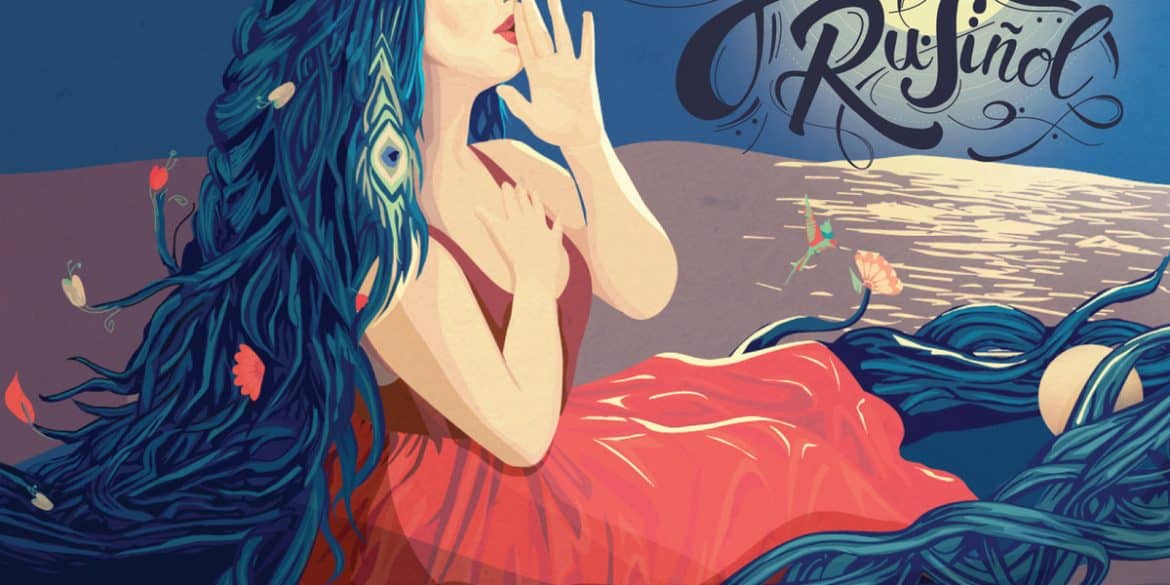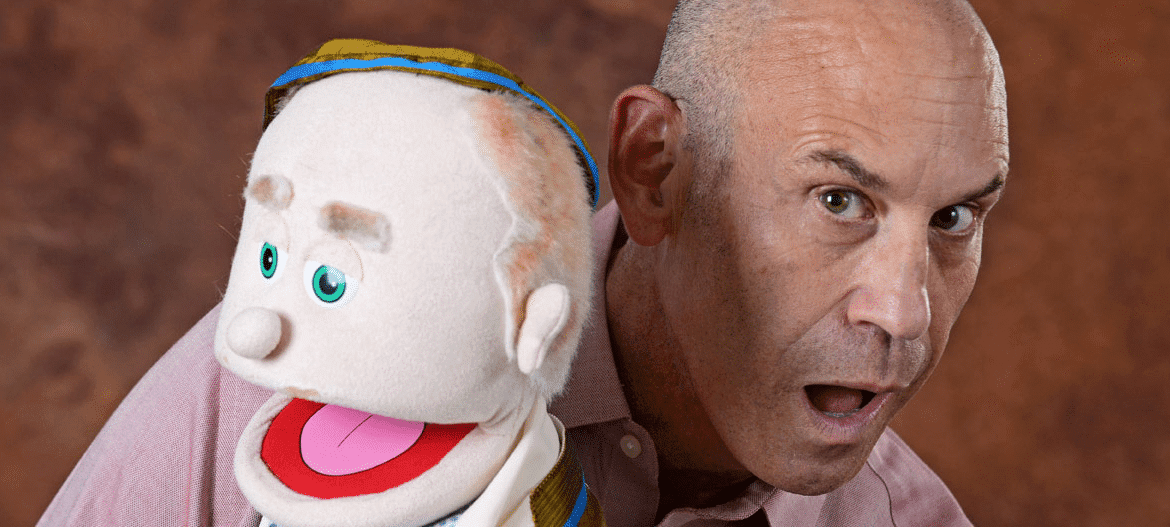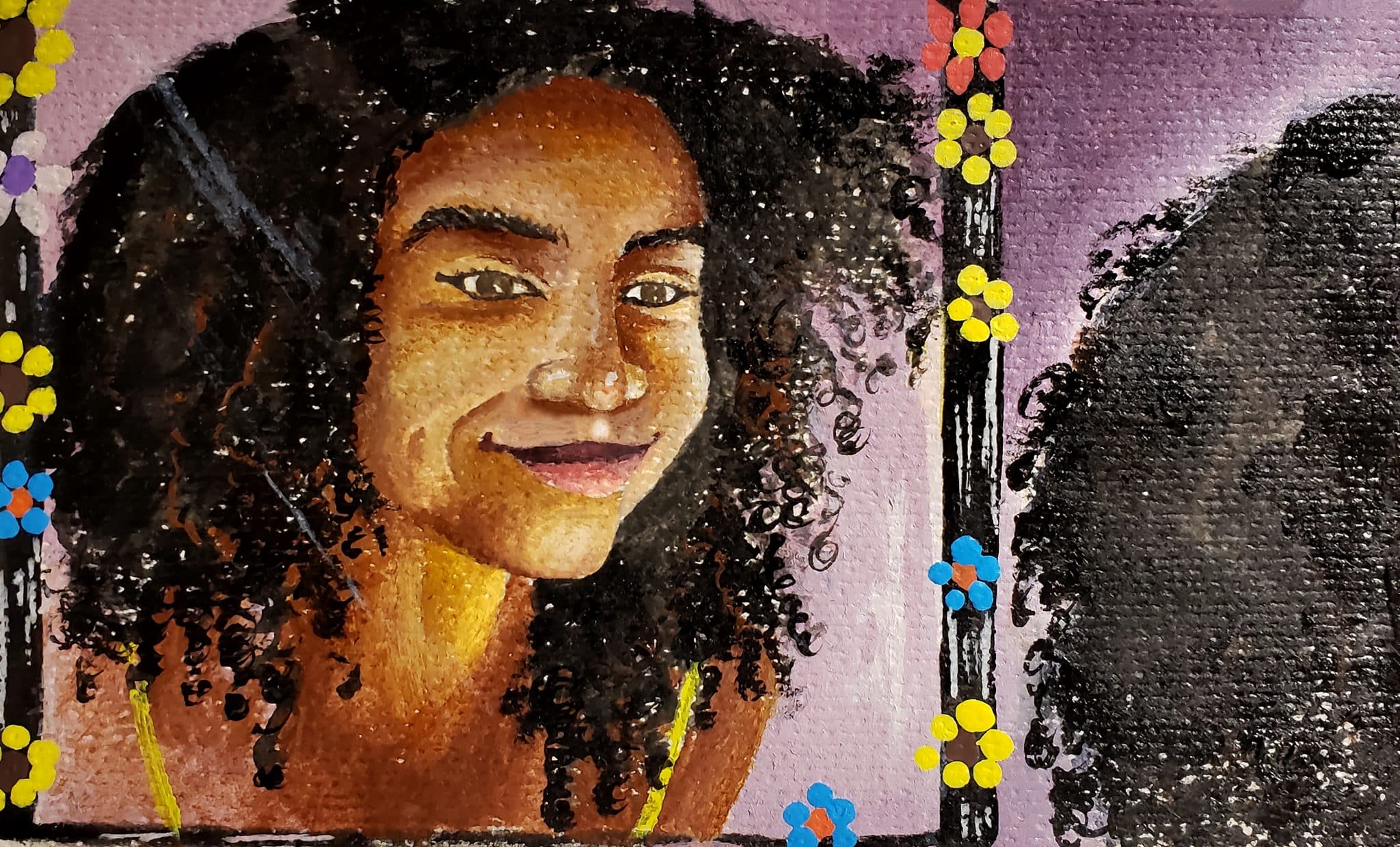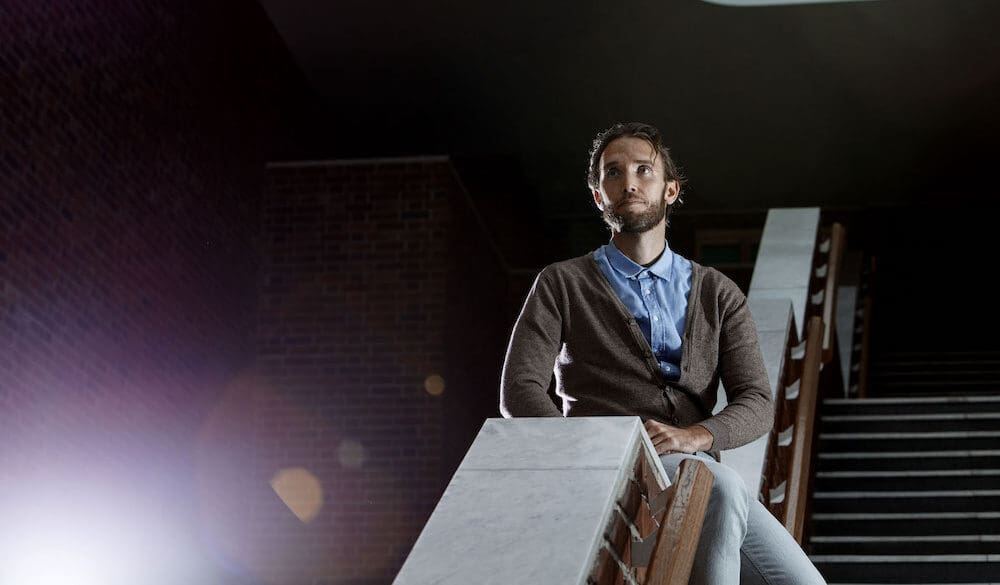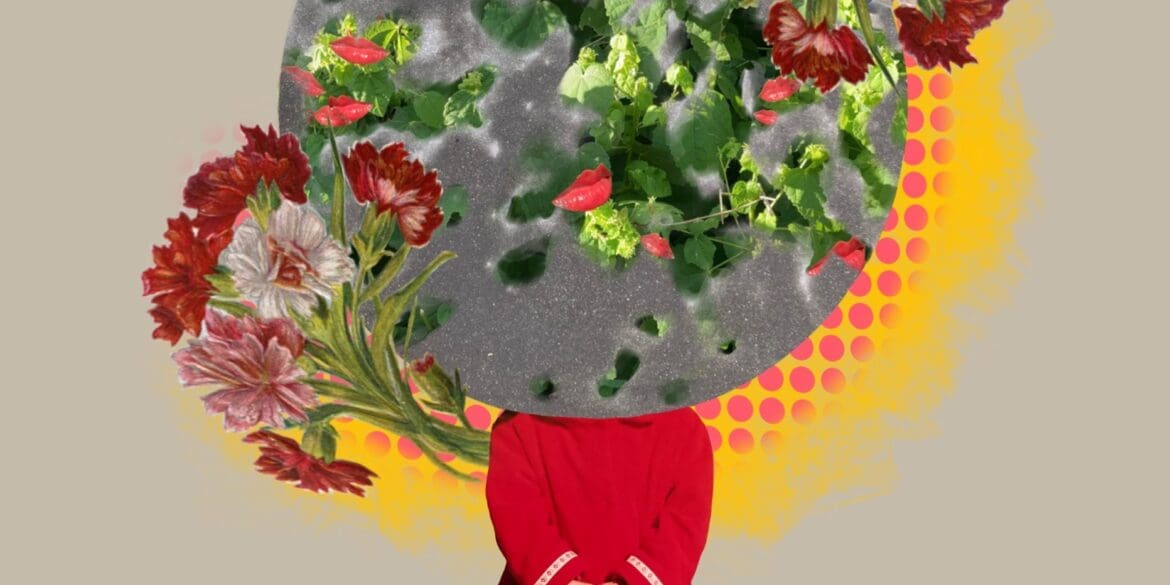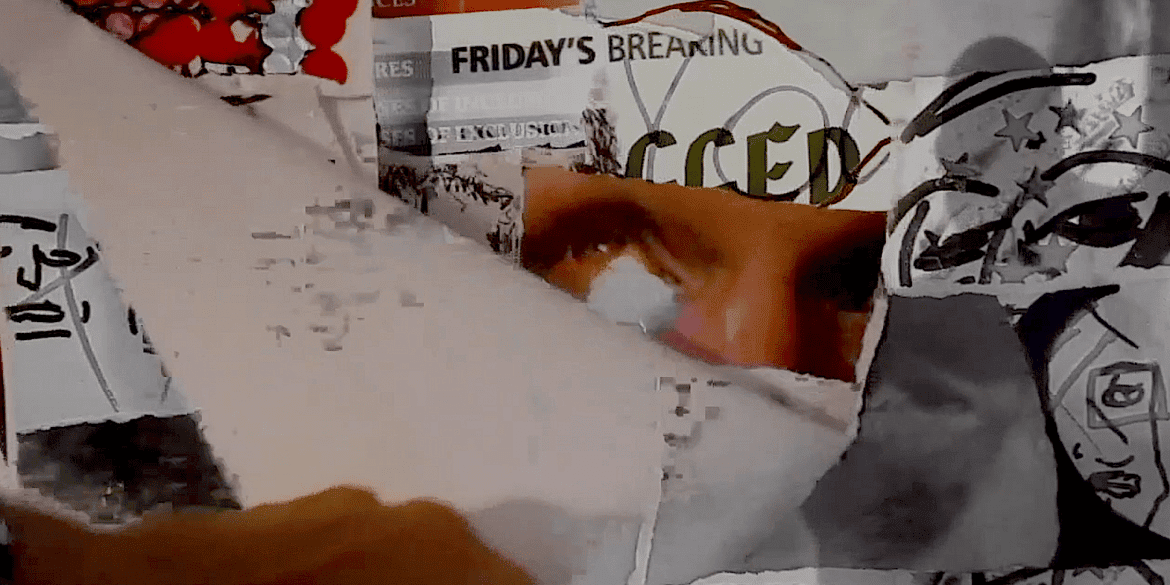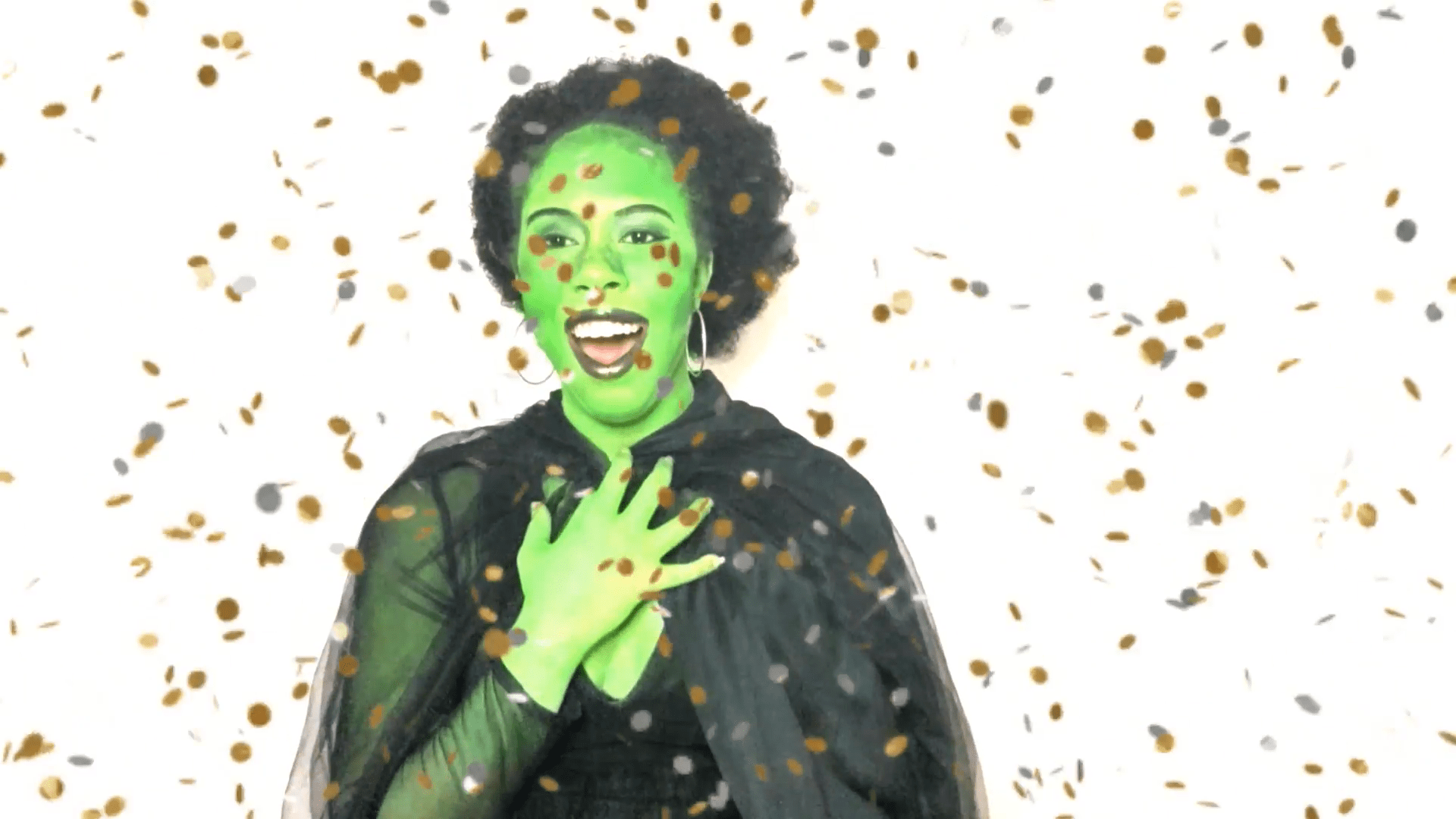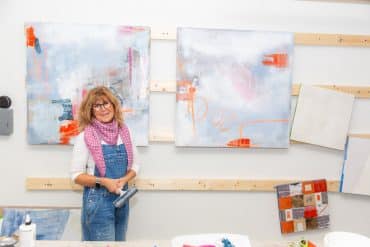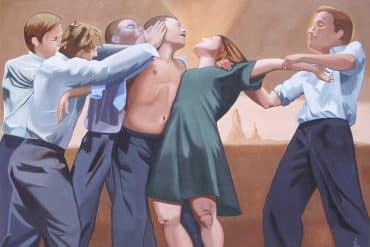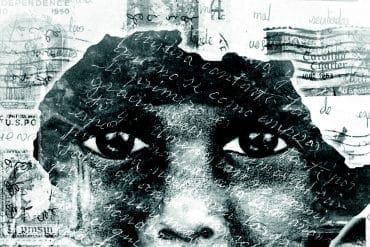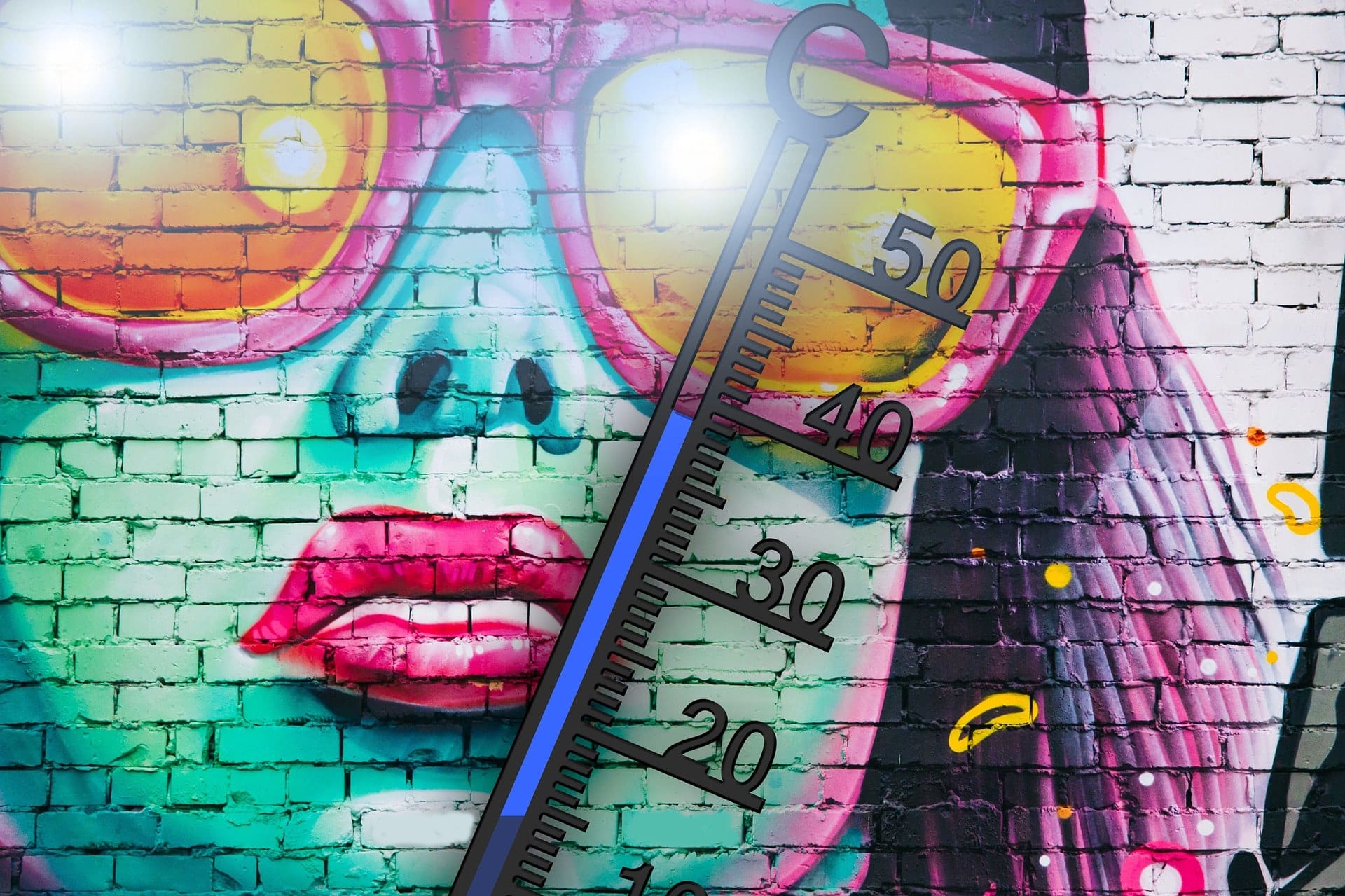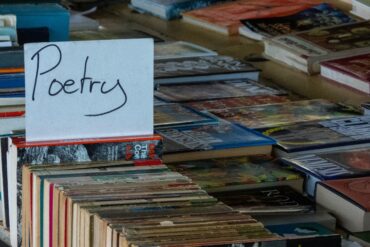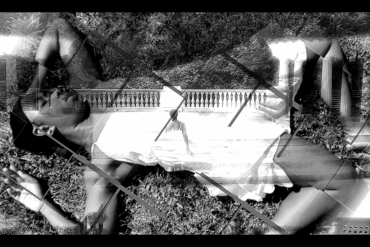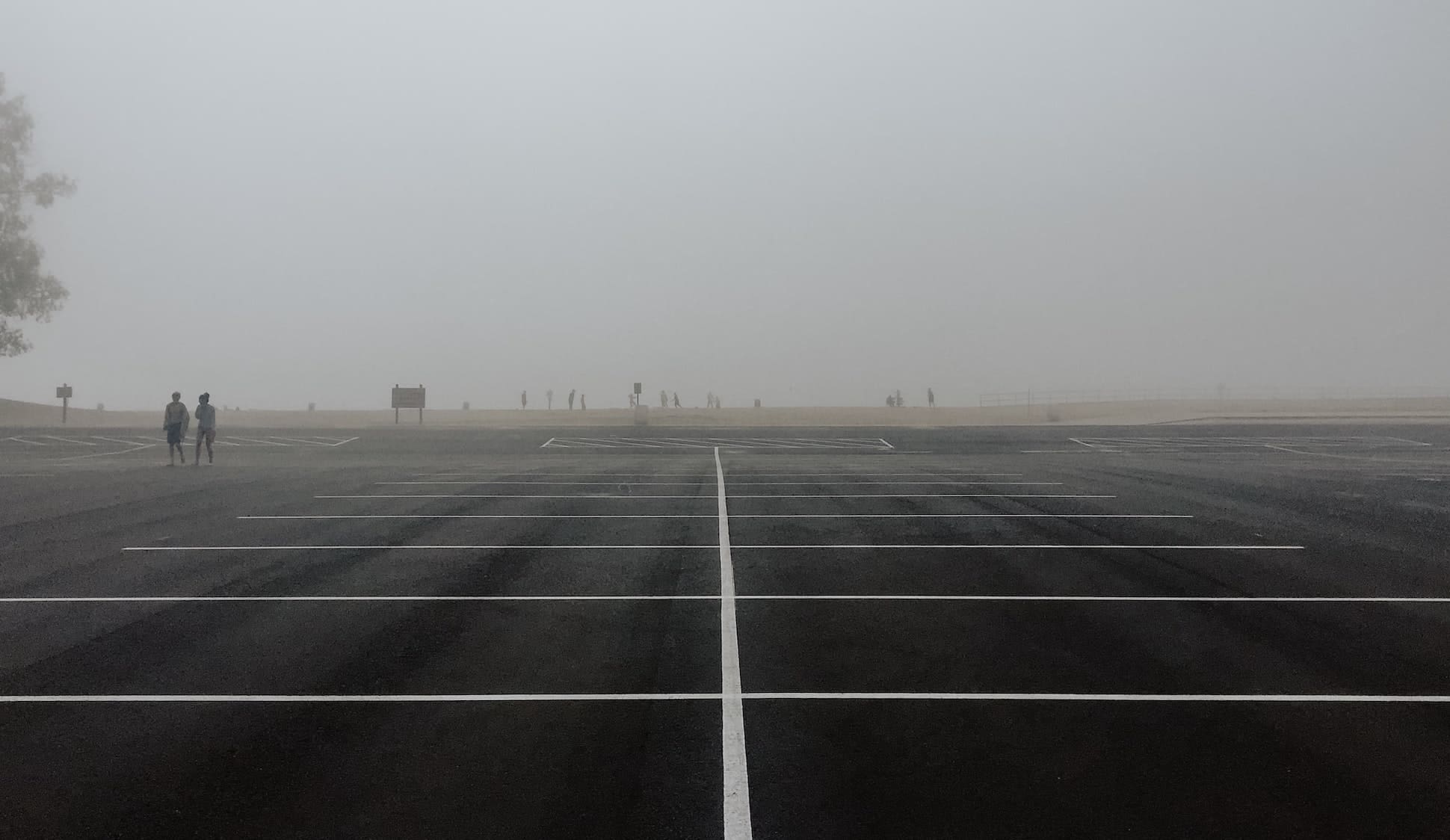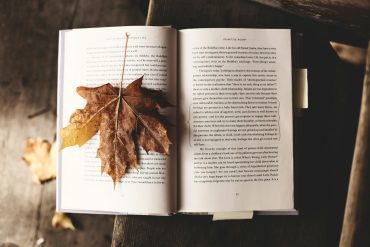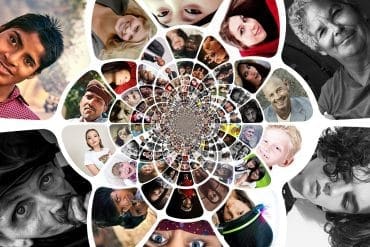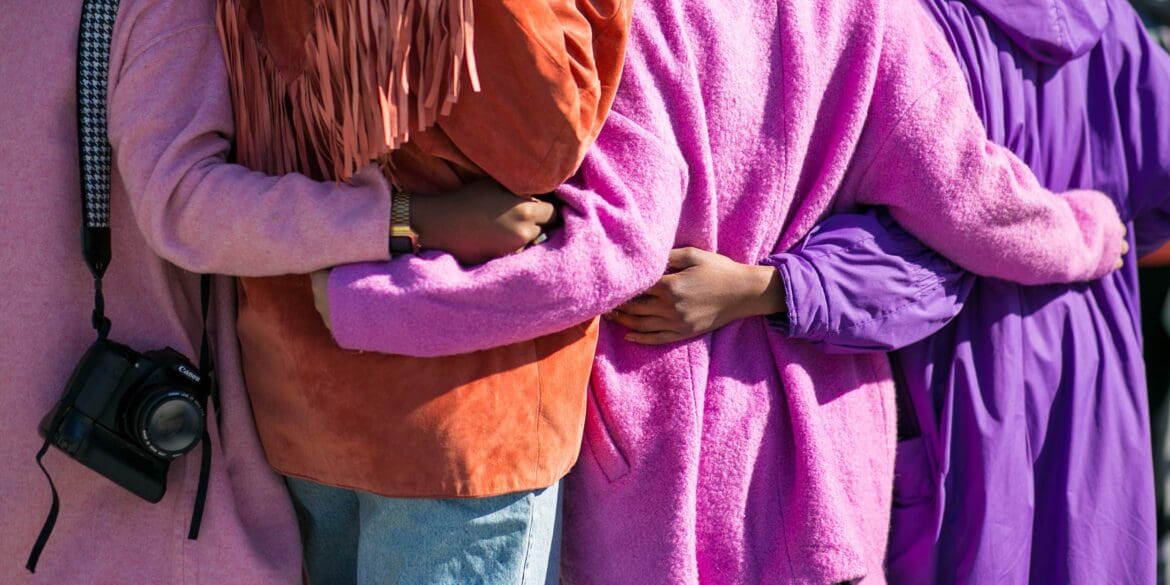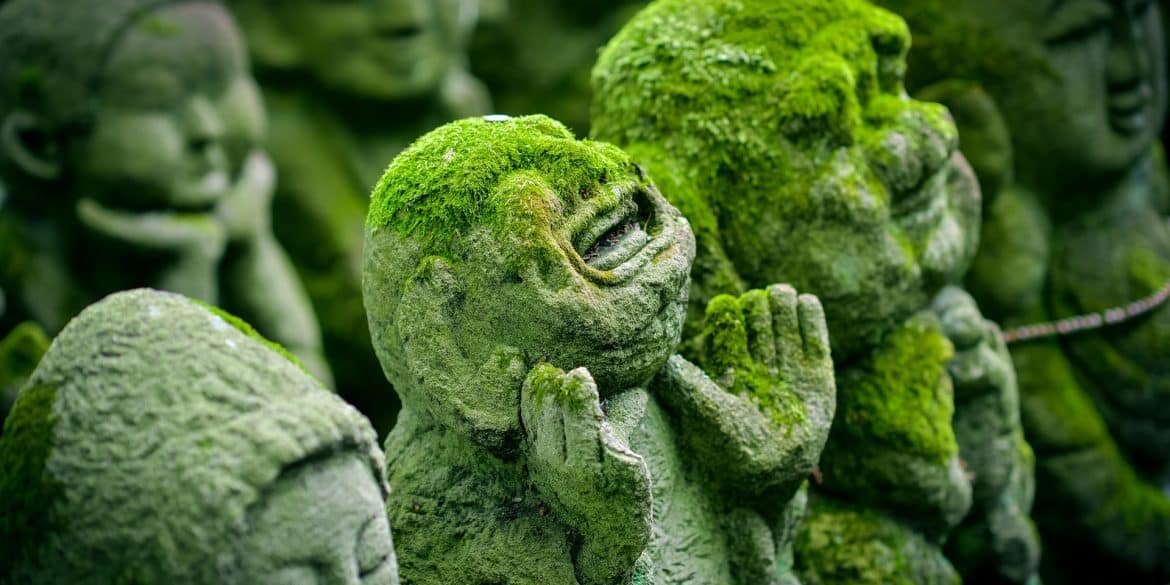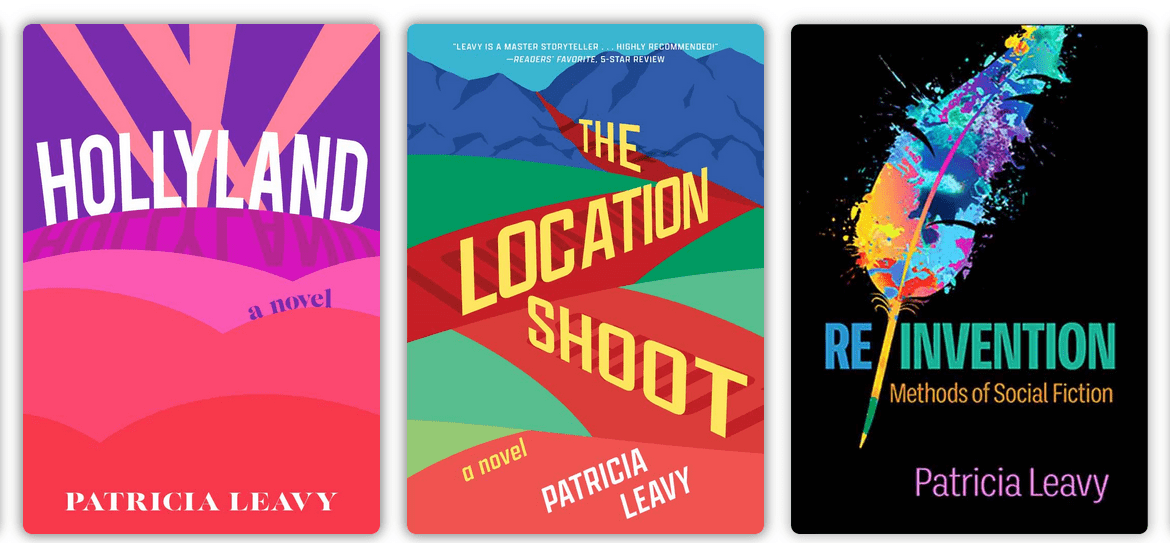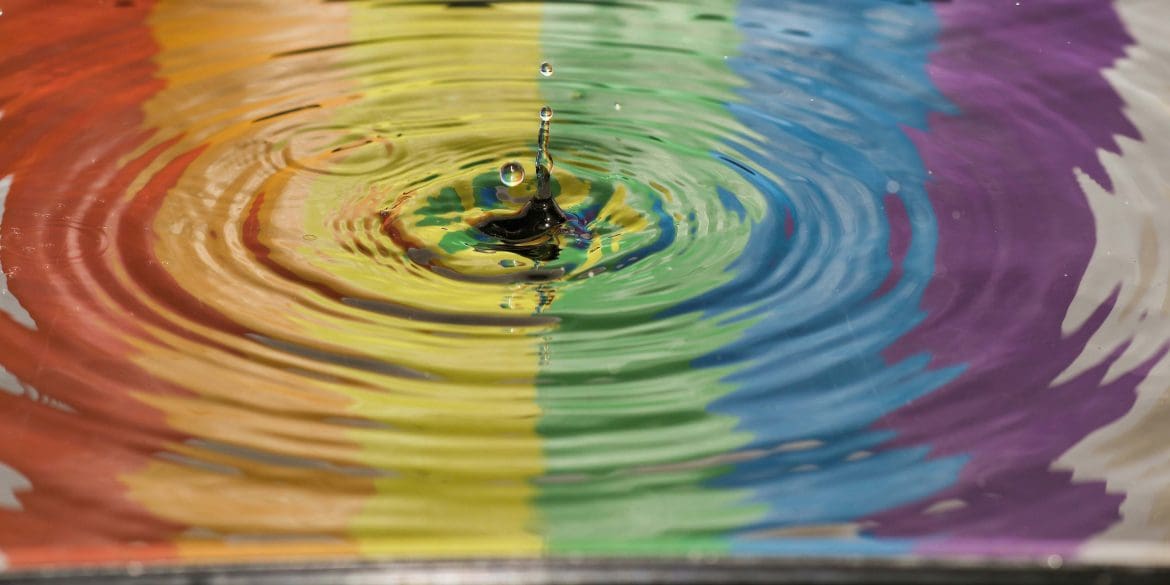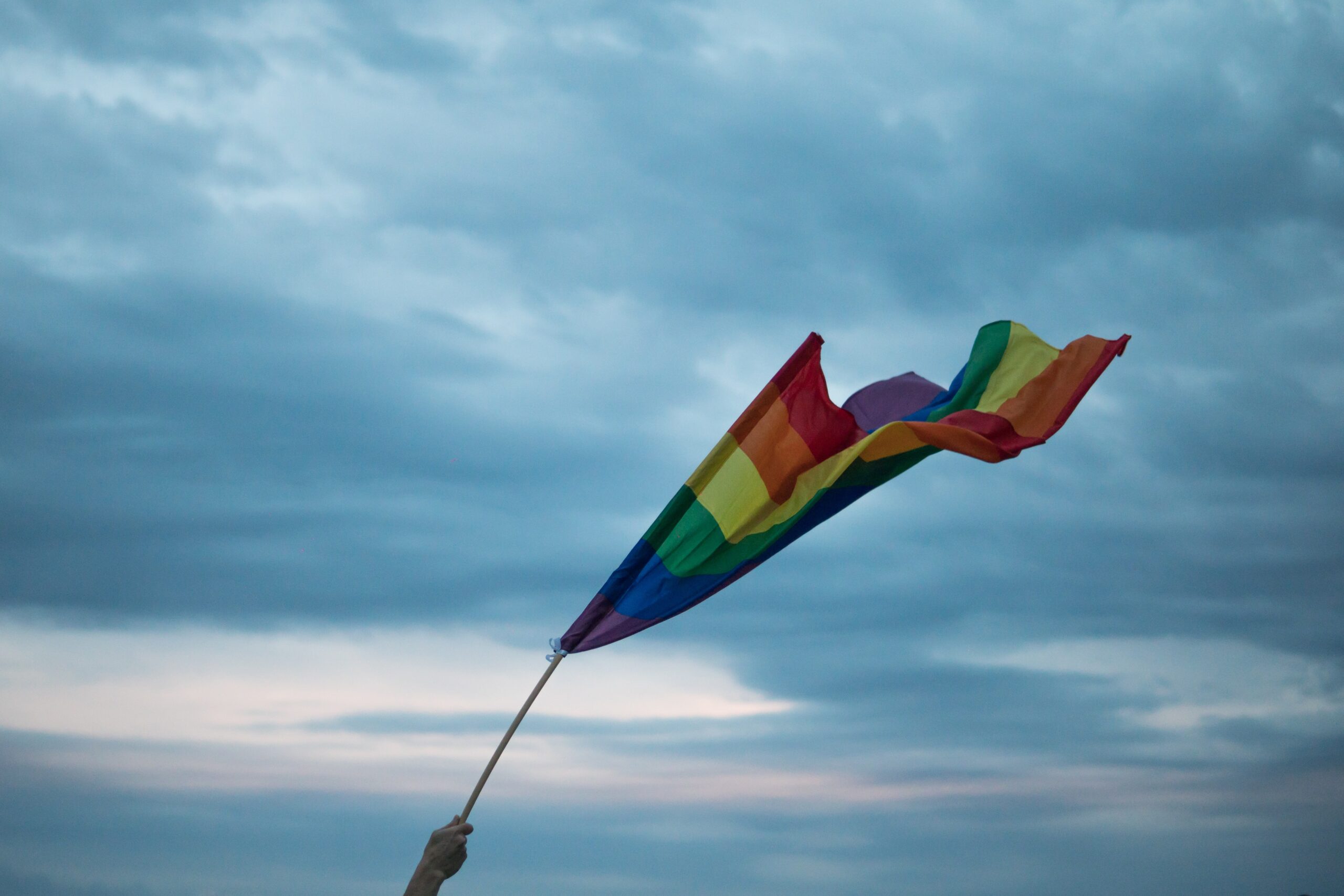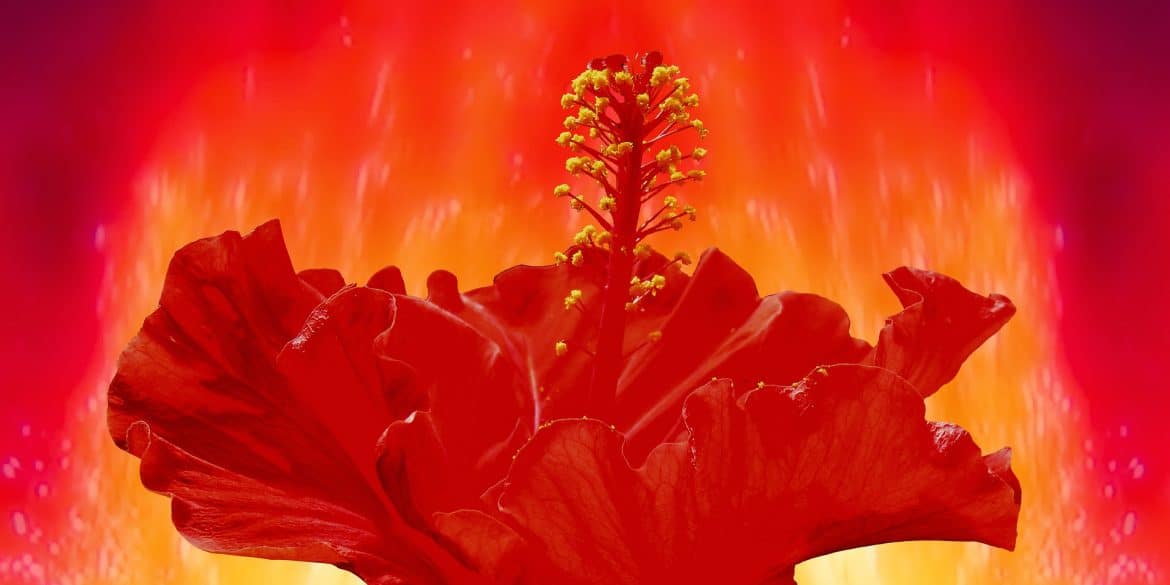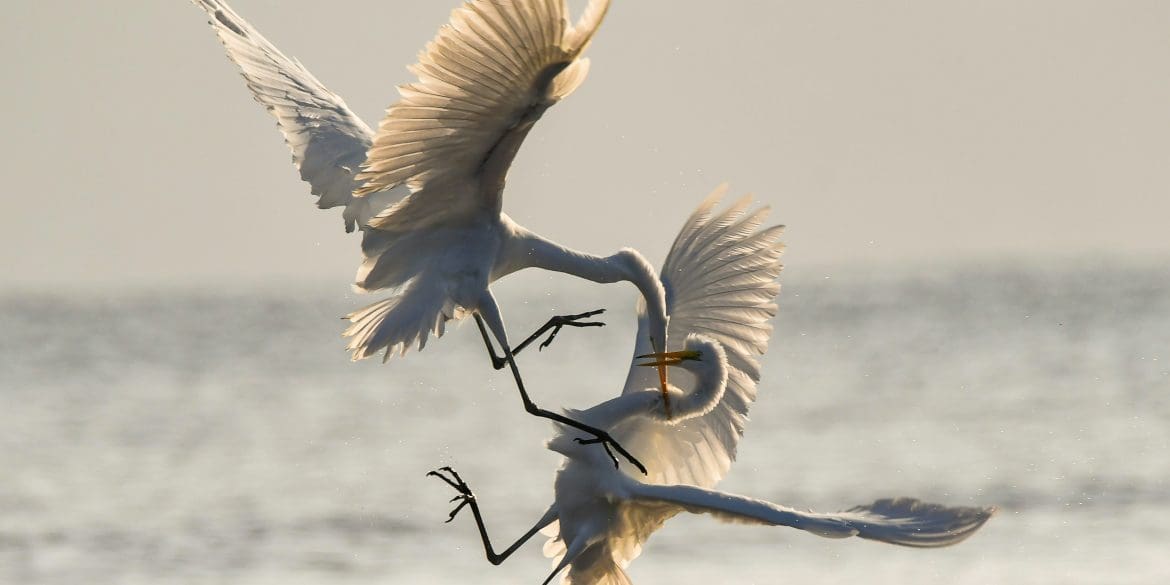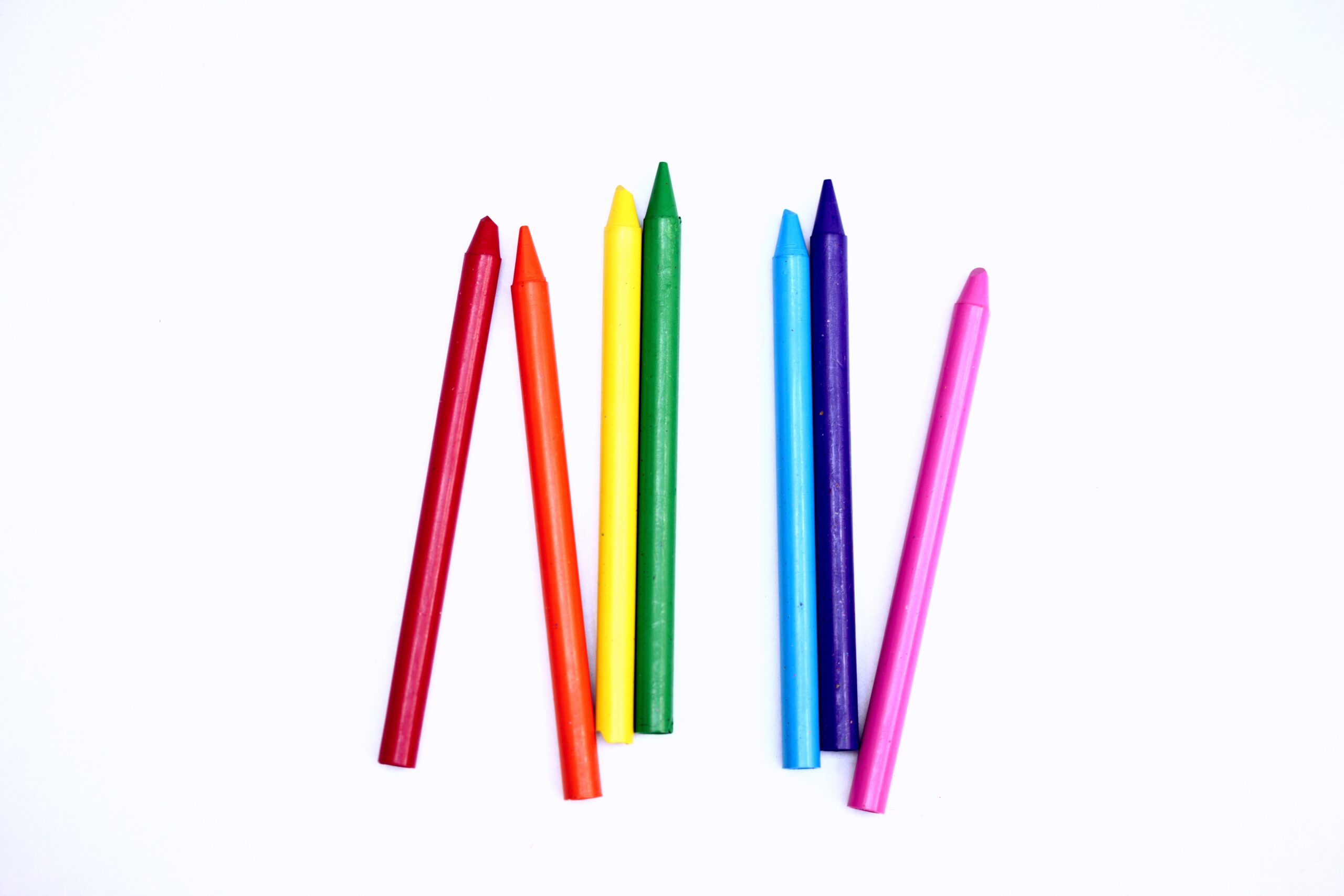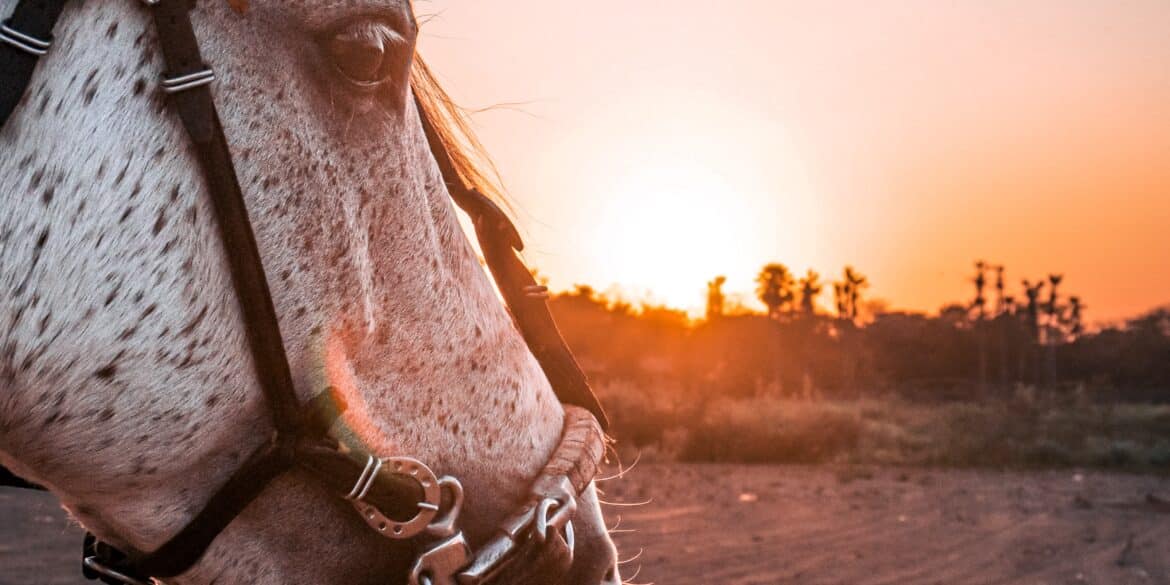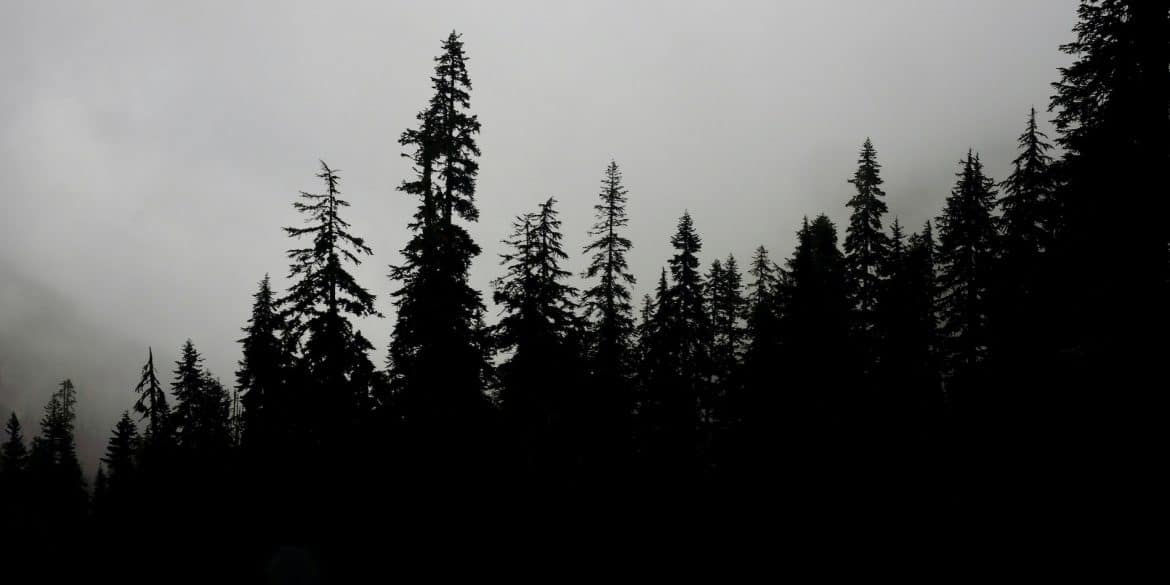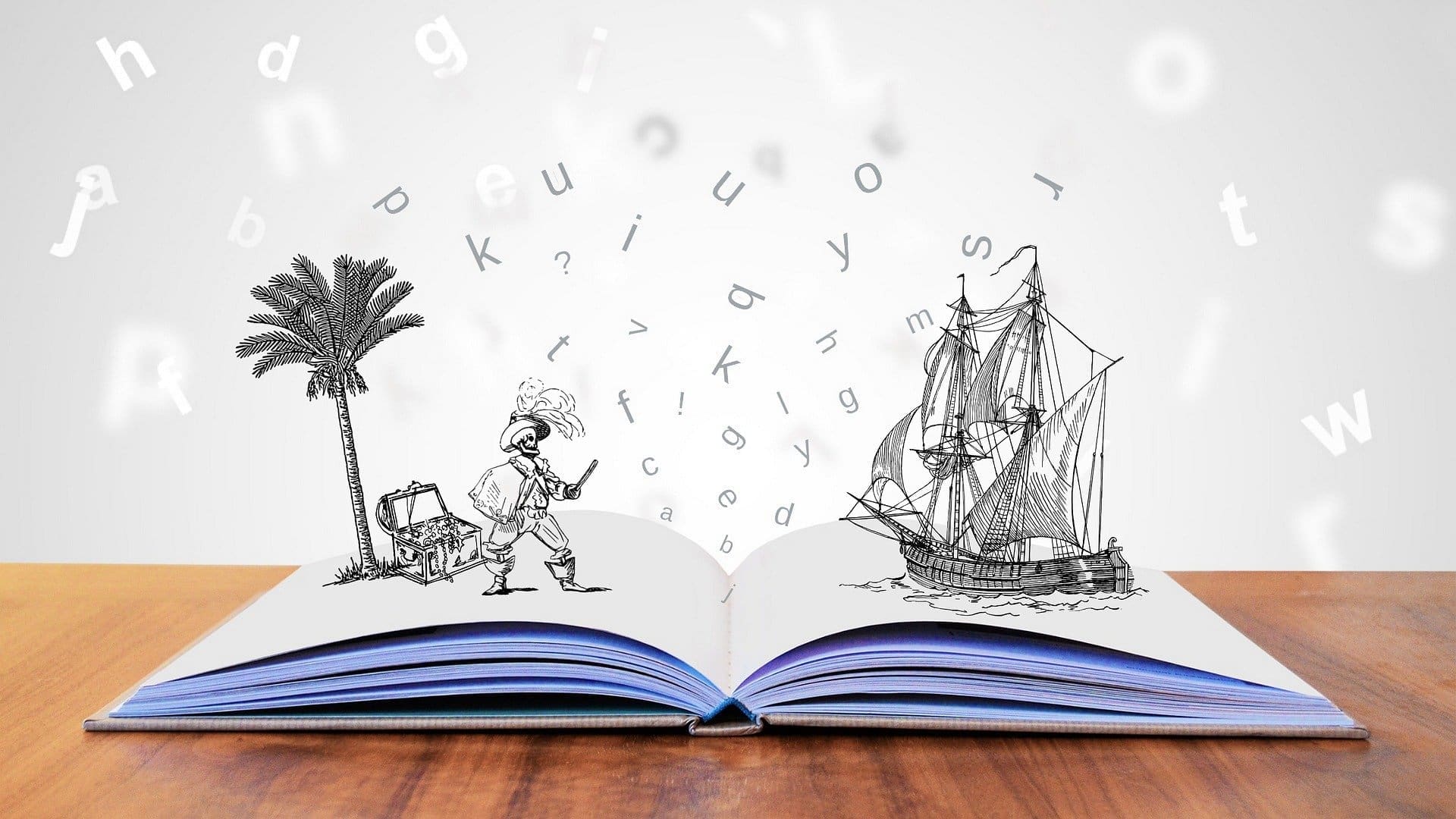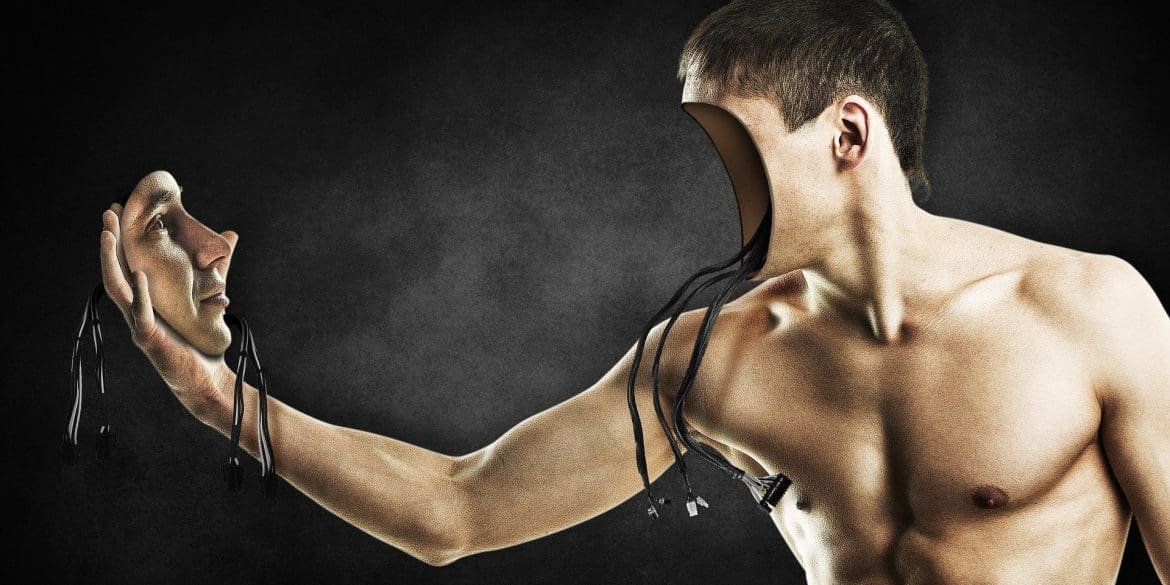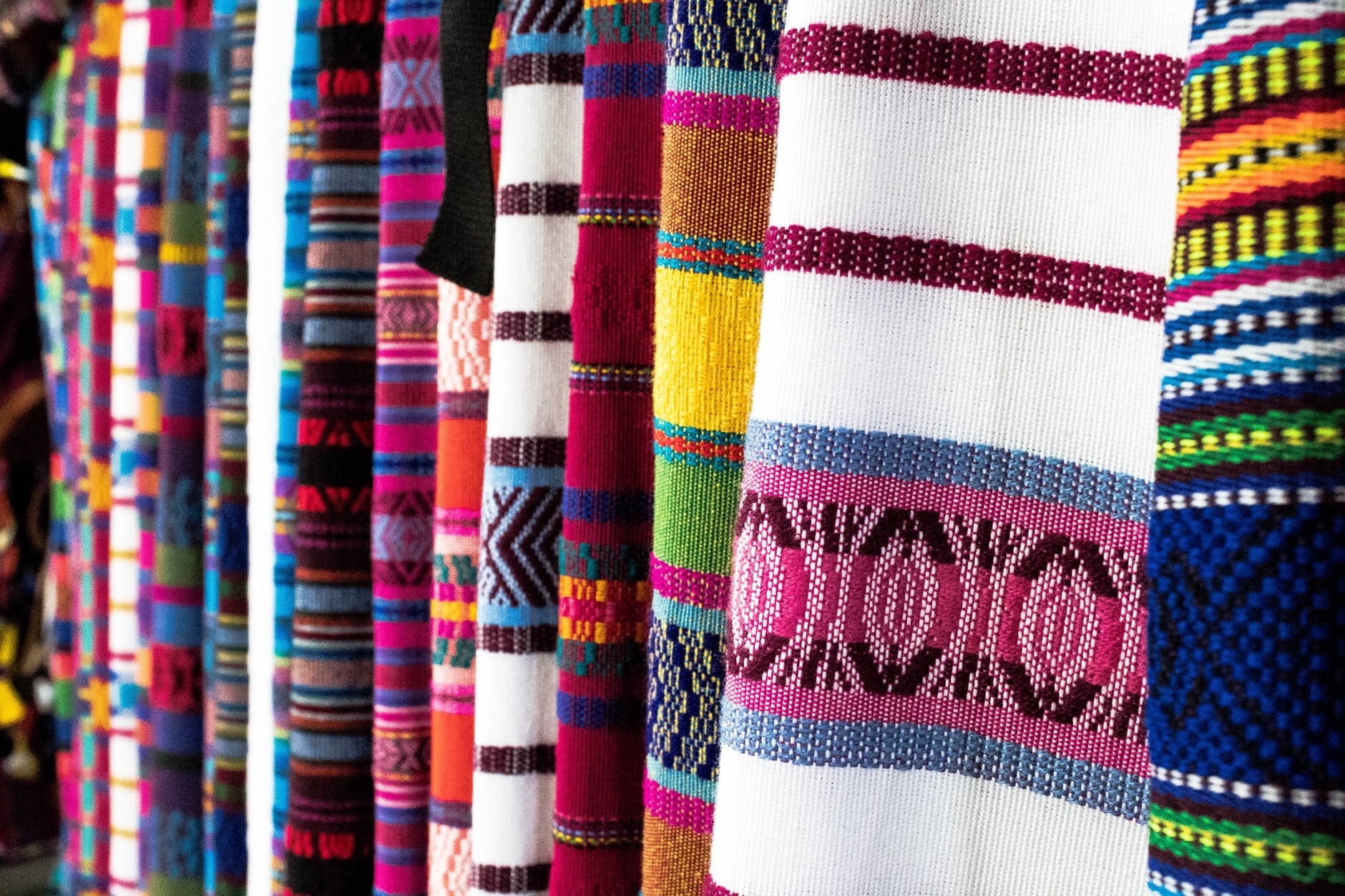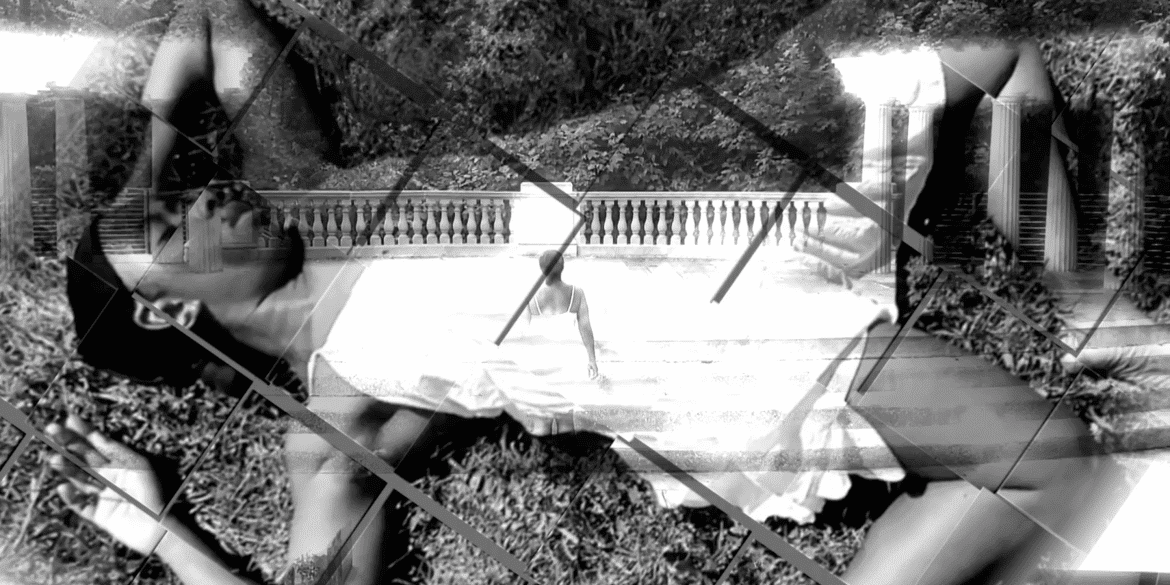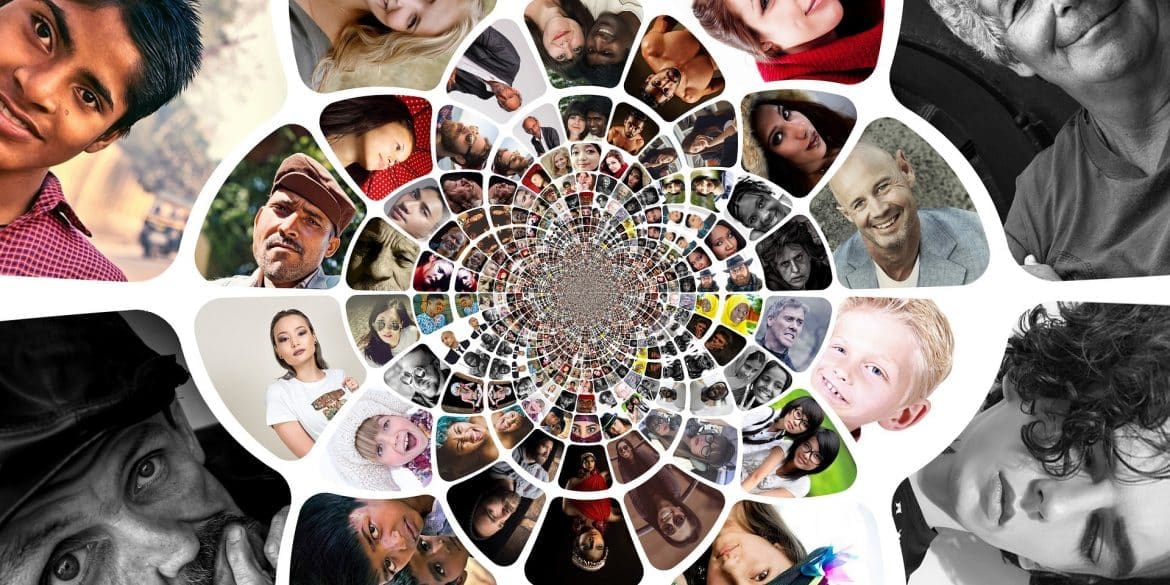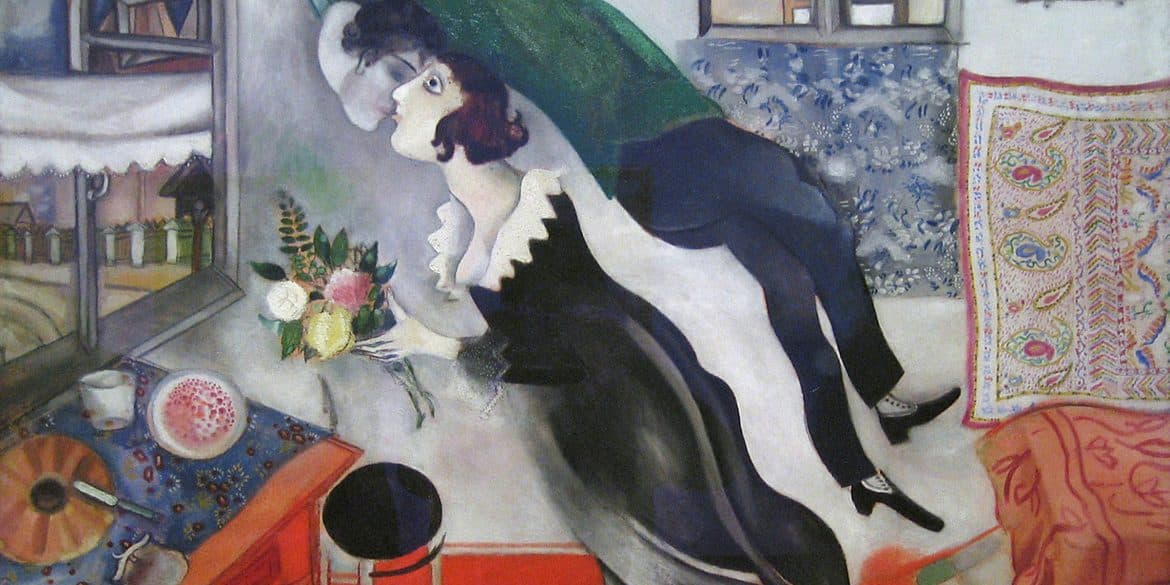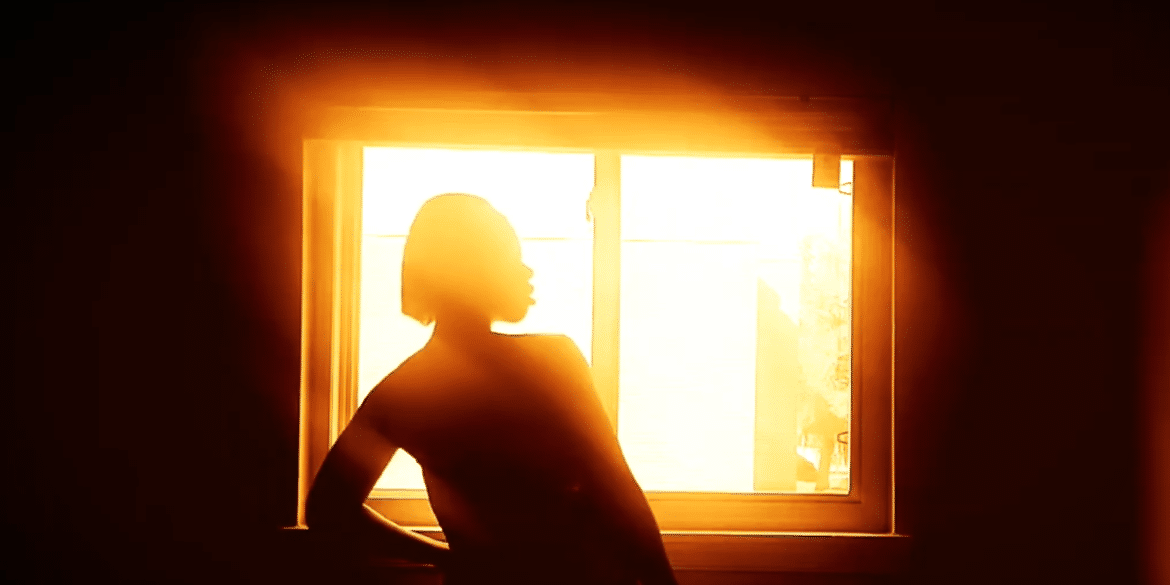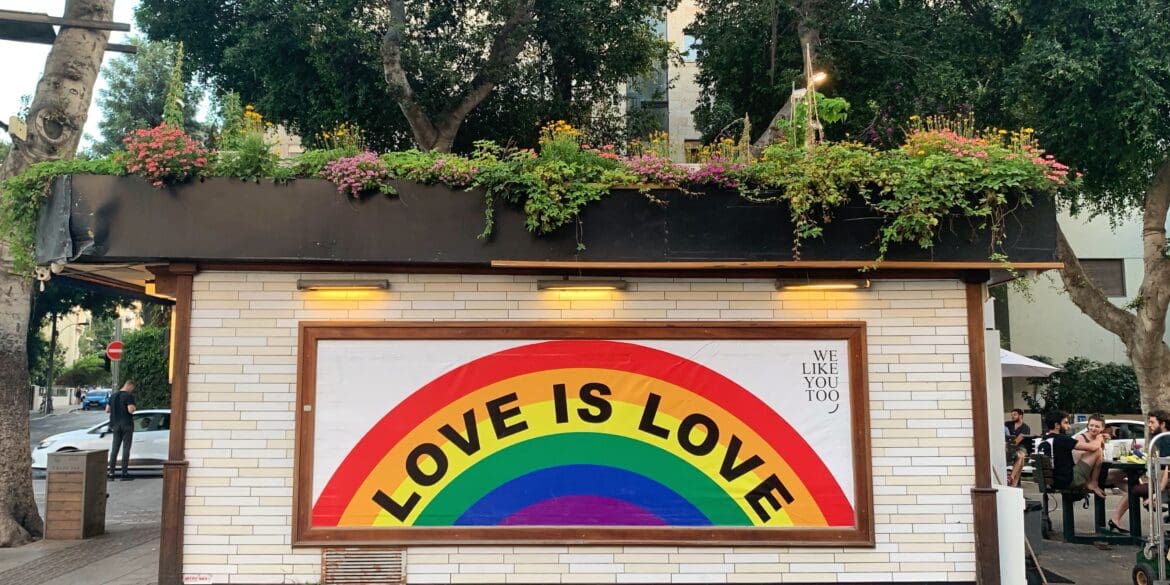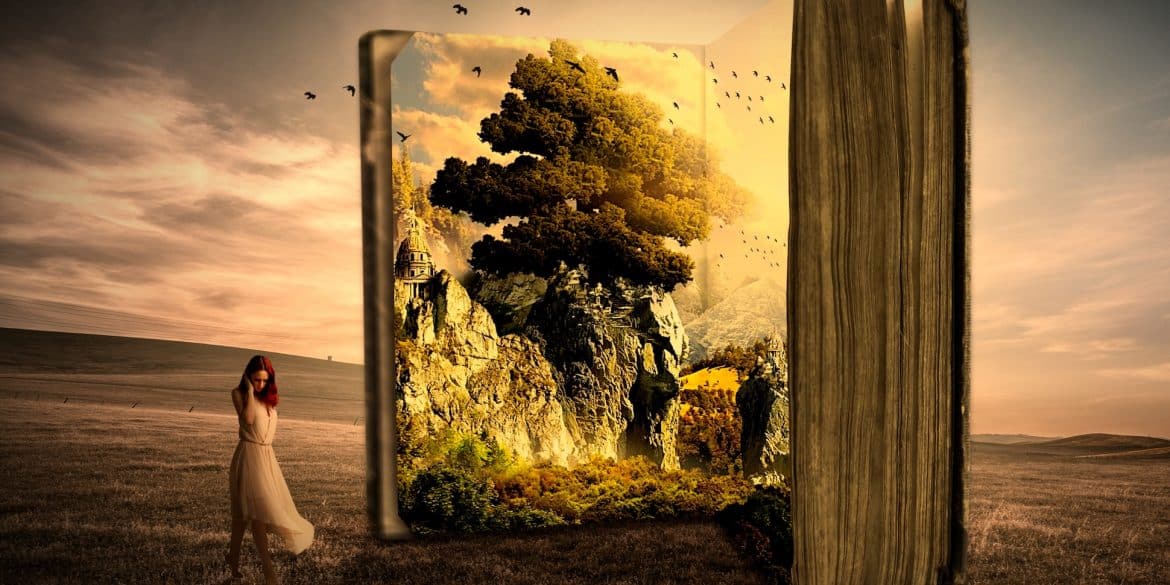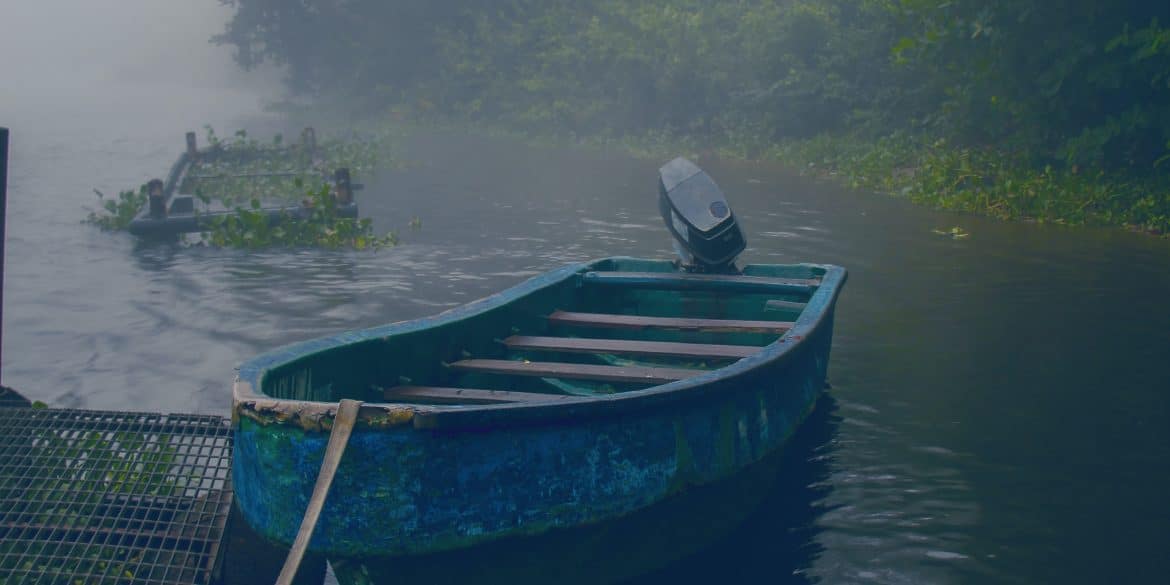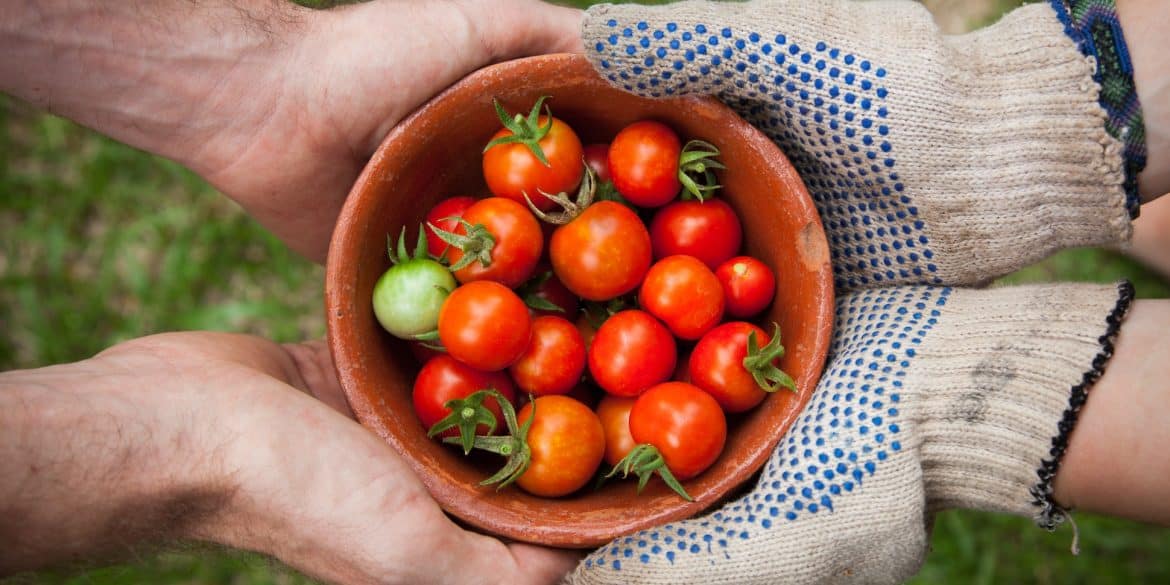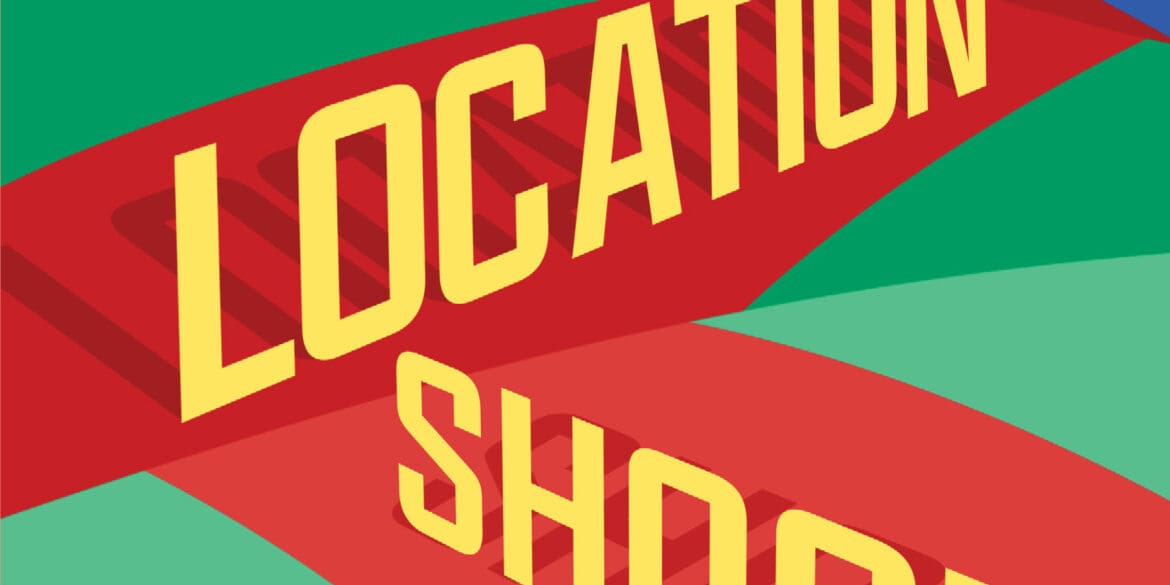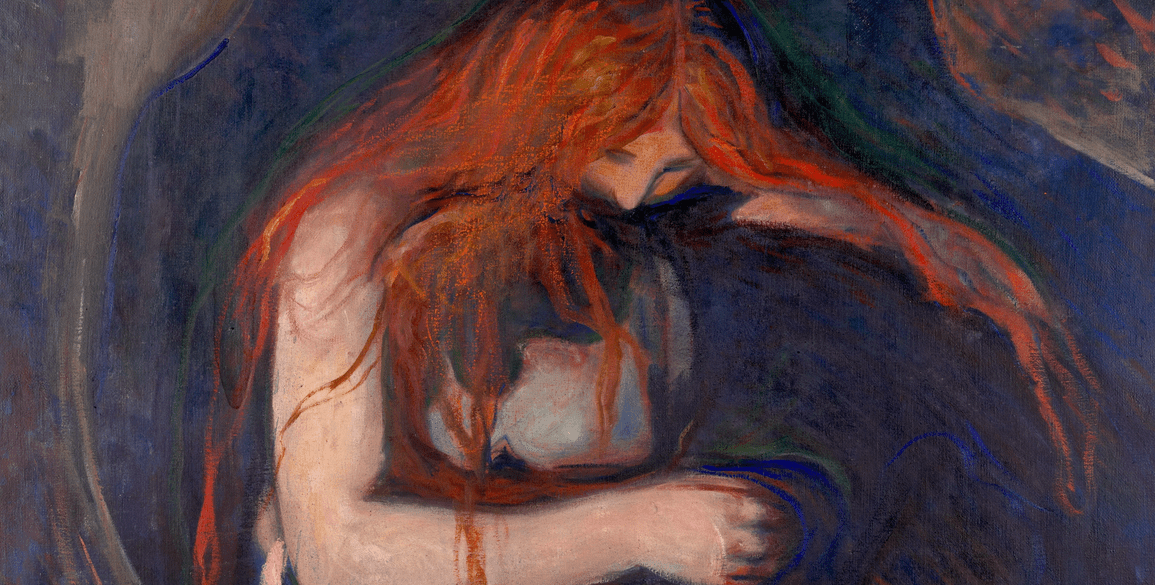POPULAR ARTICLES
autoethnographer: one who uses lived experience as evidence with which to explore cultural phenomena.
FROM OUR ARCHIVES
"My poems for this special issue seek to document a history of my choice, not just personally but humanly, to use autoethnography to weave through the personal and the political."
I wrote a study of my own faith, bankrupt as it may be, using story of my father, through the lens of Jewishness as I define it for myself.
Ash Watson·
All ContentAutoethnographic EssaysCelebrating Dr. Patricia Leavy's Social Fiction 2024Special Issues
··13 min readLeavy’s 2019 novel about a week-long all-inclusive Icelandic research seminar wends its way through meetings, planning sessions, excursions, debates and dinners to the heart of the paradigms and epistemological questions that structure and drive scholarly research.
"In the newest video from The Twerking Academic, I explore how the summer of 2020 slammed me back into an awareness of my own double consciousness as a Black American."
Ulla-Maija Matikainen·
All ContentAutoethnographic Literary FictionAutoethnographic PoetryAutoethnographic WritingVolume 2, Issue 1 (2022)
··12 min read"A woman alone doesn’t belong to any male power or protection sphere. She can be kidnapped into fears and dreams."
However, this autoethnographic piece helped me recognize the importance of levity even when the intellectual content is heavy.
Catherine Berresheim·
All ContentAutoethnographic Literary NonfictionAutoethnographic WritingBodily Autonomy Special Issue, 2022-23Special Issues
··14 min readLEARN MORE “Bodily Autonomy: A Fetus for a Fetus” explores the cultural...
This sestina poem reflects and validates my own personal experience as a 14-year-old who was dealing with something I couldn’t initially even name; anxiety.
Ulla-Maija Matikainen·
All ContentAutoethnographic EssaysAutoethnographic PoetryEducationFrom the EditorsMoreVolume 3, Issue 2 (2023)
··4 min read A tsunami of words, images, learned and pushed feelings and thoughts go through us every day. Poetry is a way to find our own voice.
In this 2nd of my Processing Parental Grief series, Calliandra receives a letter from her mother weeks after her death.
"At what age does a Black woman learn that it is her job to be strong?"
This work illustrates the very personal process of a Chinese-born immigrant to the U.S. and a U.S. born citizen learning about each other's cultures over the course of a 27 year marriage.
FROM OUR ARCHIVES
autoethnographer: one who uses lived experience as evidence with which to explore cultural phenomena.
What is autoethnography? The AutoEthnographer's international team of editors offer definitions & suggested readings.
“The AutoEthnographer is an award-winning, non-profit, open-access, peer-reviewed literary and arts magazine dedicated to presenting the creative side of autoethnography, a qualitative research method uniting ethnography and autobiography that utilizes lived experience as evidence with which to explore cultural phenomena." ISSN: 2833-1400
AUTOETHNOGRAPHIC WRITING
Visitation, an Autoethnodrama in One Act
In this autoethnographic play, a woman terminates a pregnancy without telling her husband.
AUTOETHNOGRAPHIC POETRY
AUTOETHNOGRAPHIC WRITING
"She needs to be an artist to be an artist-teacher in adult community learning. She needs to do both to become the best she can be."
The cultural issues being addressed are how intergenerational knowledge is passed down between women and girls in the kitchen.
"We began this autoethnographic essay thinking about the love the teachers have for their students."
AUTOETHNOGRAPHIC MULTIMEDIA
Marlen Harrison·
All ContentAutoethnographic Art & MultimediaClimate Change Special Issue, 2022InterviewsMorePodcastsSpecial Issues
··15 min read"Award-winning artist, Suzanne Hughes, talks about autoethnography and painting. Suzanne is responsible for the cover art for our special issue based on climate change."
"I danced each morning with Pina Bausch. I became her pupil lifting my leg up in the air like a flamingo except feeling more awake than I’ve ever been."
In The AutoEthnographer’s latest podcast, Marlen Harrison talks with Sandra Faulkner about collage and visual poetry.
"I tend to take every loss of rainforest personally. My autoethnographic poetry 'The Threat' and 'John Doe' are reflective of this."
Poems As a Form of Powerful Activism and Barrier-breakers is a compilation of three poems which mean a lot for me.
From all there is something to be learned, as the river itself has been victimized, has not escaped its own environmental terrorism.
How do creatives find joy in artistic performance as a form of black feminist autoethnography? Podcast & video.
"It is in finding these solutions, the tape and the glue that holds us all together, that we find the beauty of who we are as people."
I introduce artistic autoethnography and how the term a/r/tifact opens up the imagination to the possibilities of autoethnographic artmaking.
Ash Watson·
All ContentAutoethnographic EssaysCelebrating Dr. Patricia Leavy's Social Fiction 2024Special Issues
··13 min readLeavy’s 2019 novel about a week-long all-inclusive Icelandic research seminar wends its way through meetings, planning sessions, excursions, debates and dinners to the heart of the paradigms and epistemological questions that structure and drive scholarly research.
Marlen Harrison·
All ContentAutoethnographic Art & MultimediaClimate Change Special Issue, 2022InterviewsMorePodcastsSpecial Issues
··15 min read"Award-winning artist, Suzanne Hughes, talks about autoethnography and painting. Suzanne is responsible for the cover art for our special issue based on climate change."
"This autoethnographic poem is a question about the power of autoethnography in the face of the climate crisis. It is an expression of my dark fears, my depression that keeps me away from writing."
NEWS, INTERVIEWS & REVIEWS
Book Review: Revealing the Mantra of Trauma Author’s Memo This review of The Trauma Mantras seeks to convey...
"Dr. Nadine Khair discusses why autoethnography is essential to successful businesses in this latest podcast."
"The AutoEthnographer is committed to diversity, equity, & inclusion in its administration; support of emerging authors and artists; & celebration of creative expression as a vehicle for shared understanding & positive change."
SPECIAL ISSUES
EDUCATION, INTERVIEWS, PODCASTS, & REVIEWS
REFLECTIONS ON METHOD


